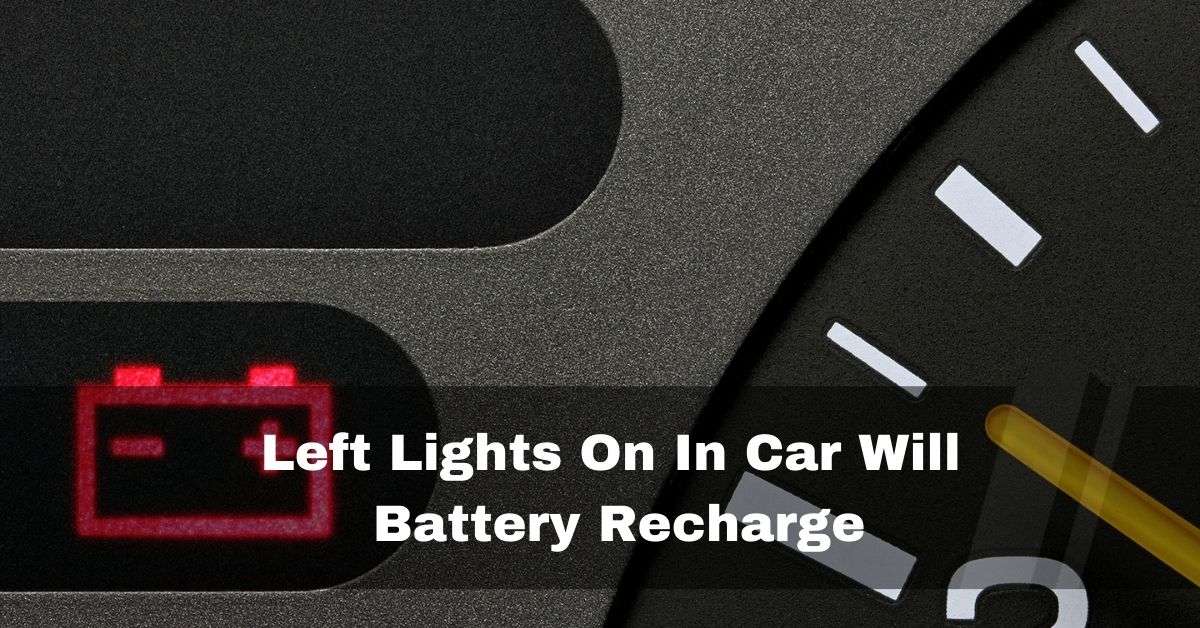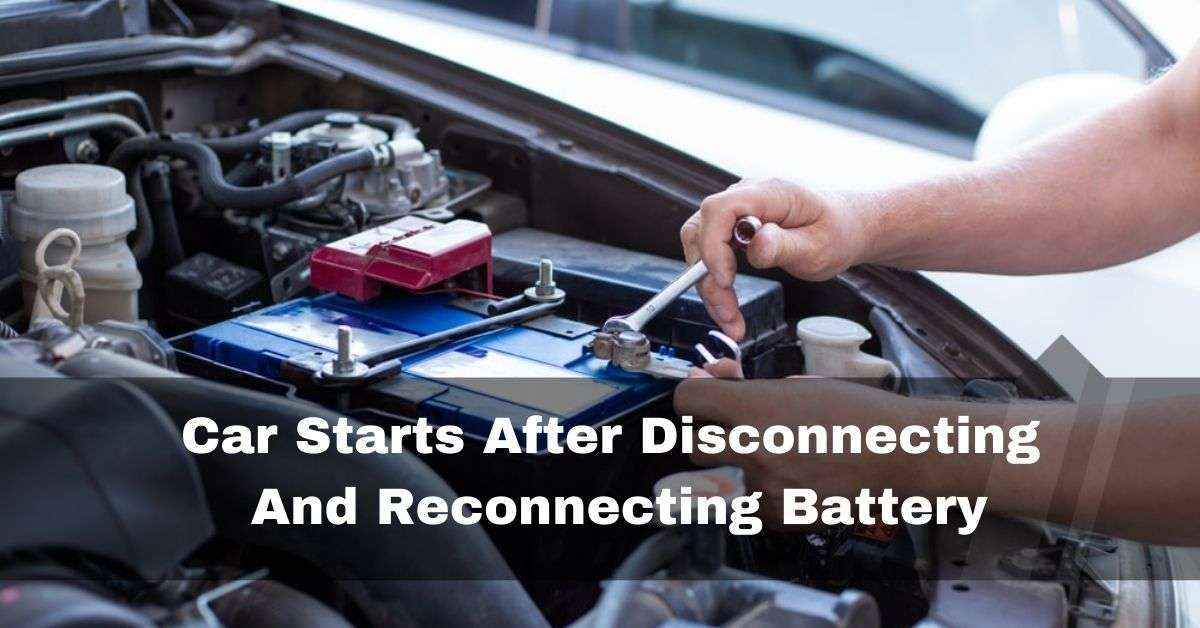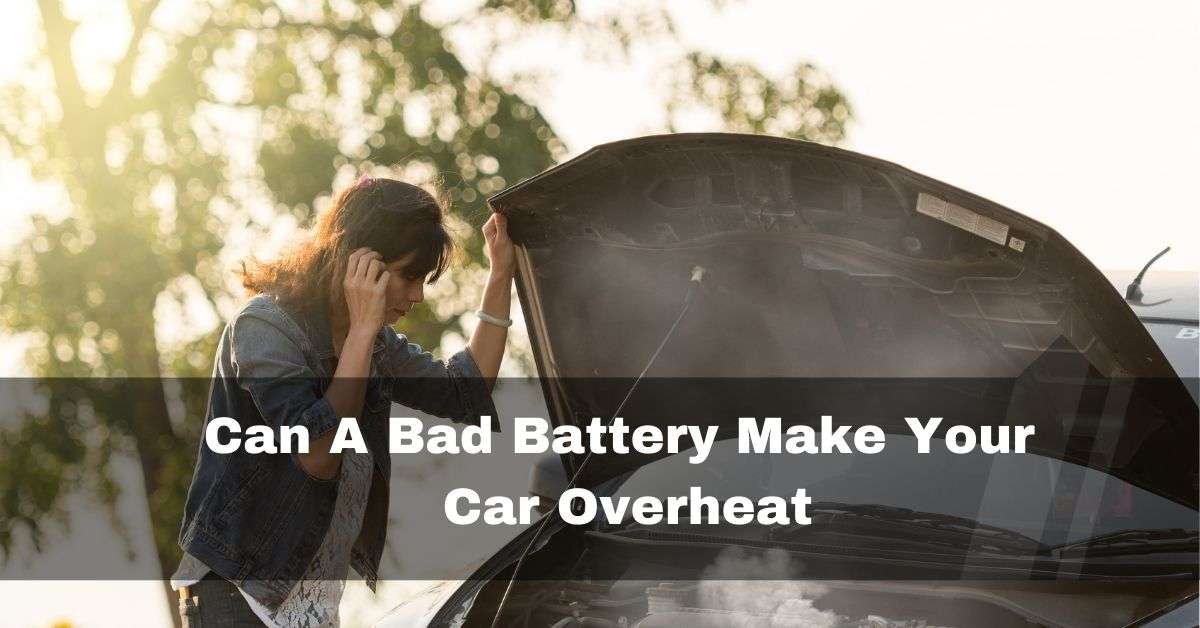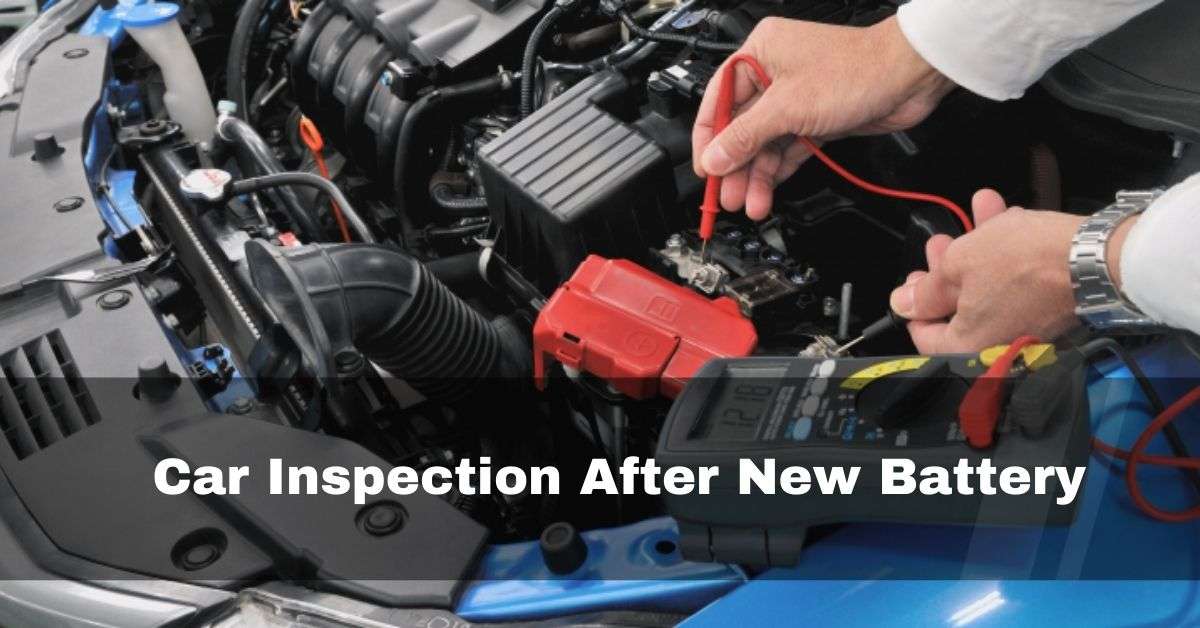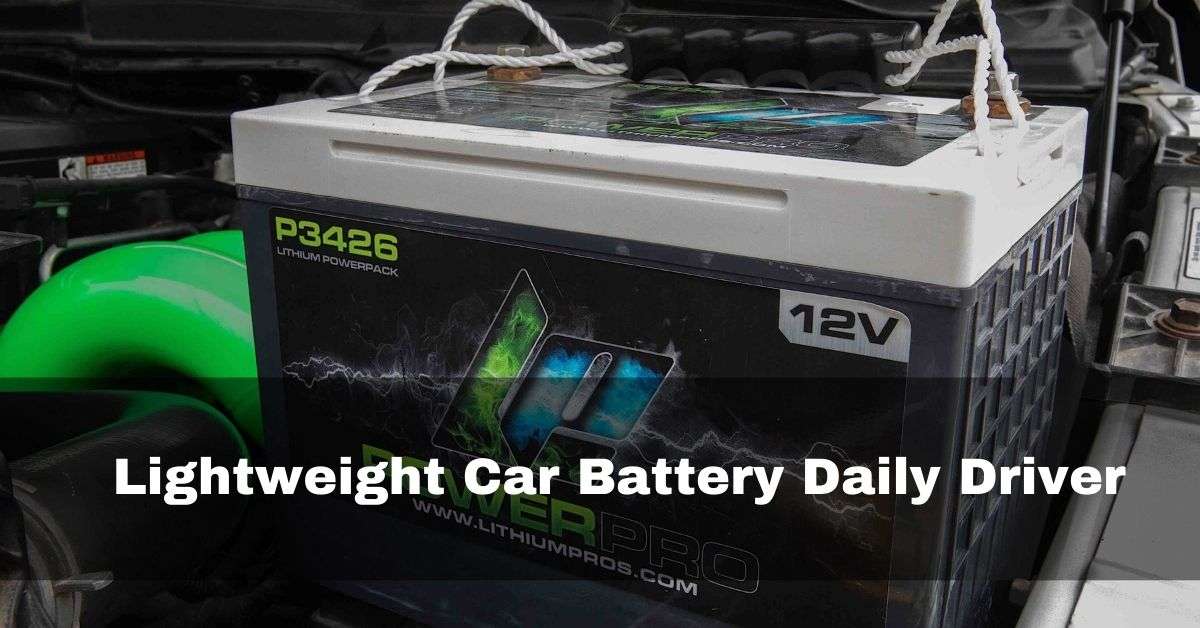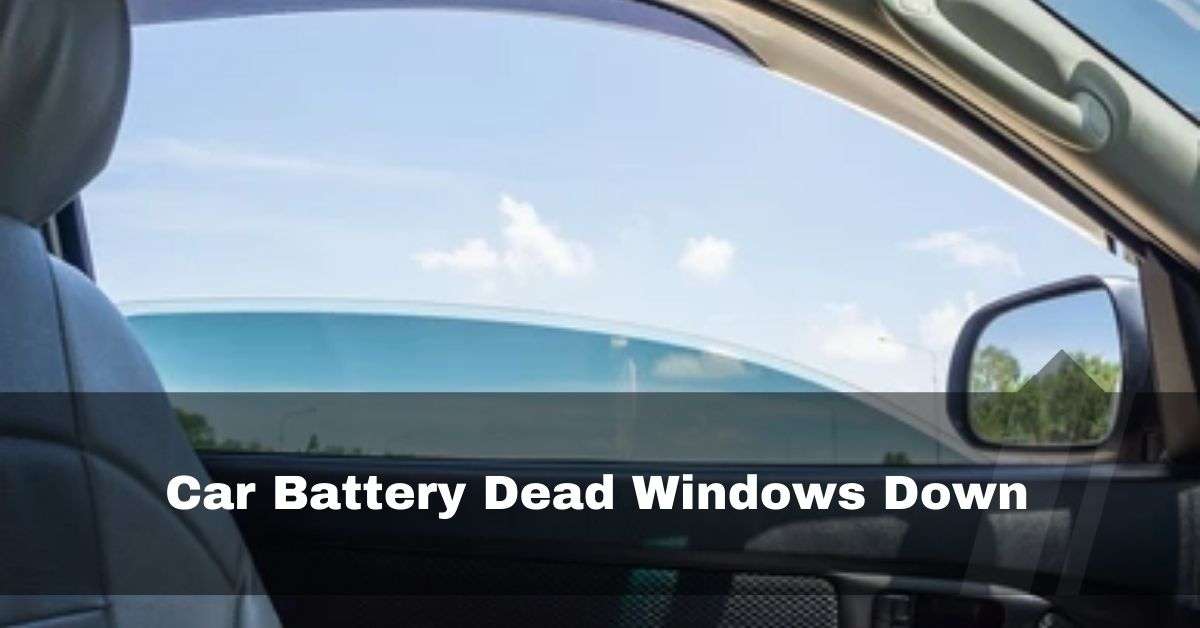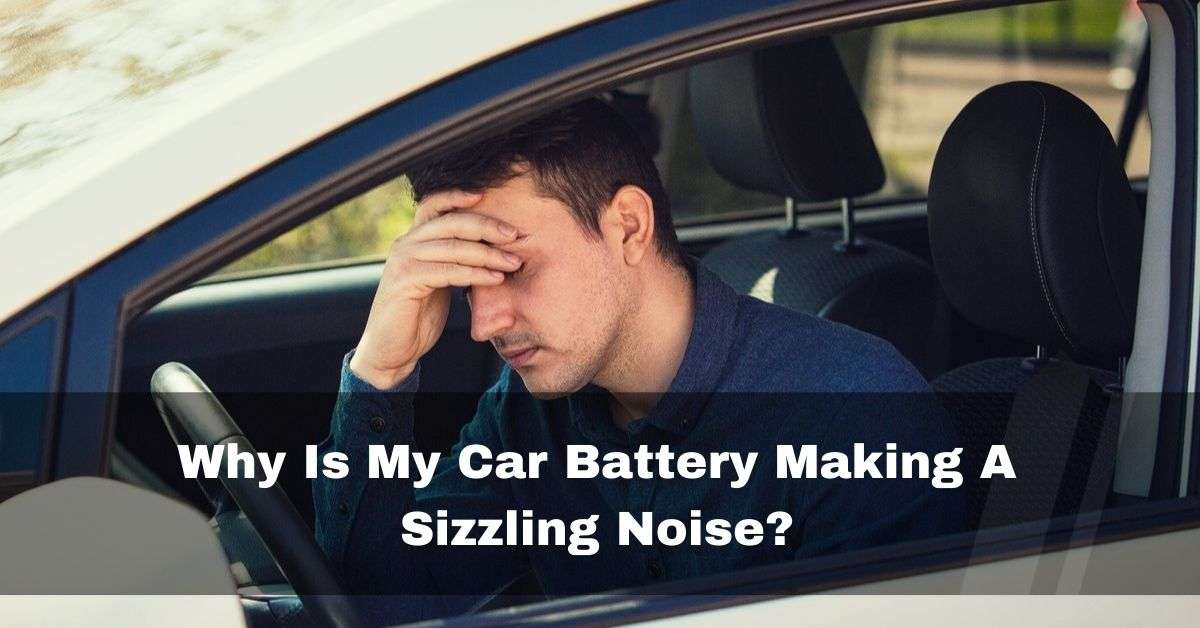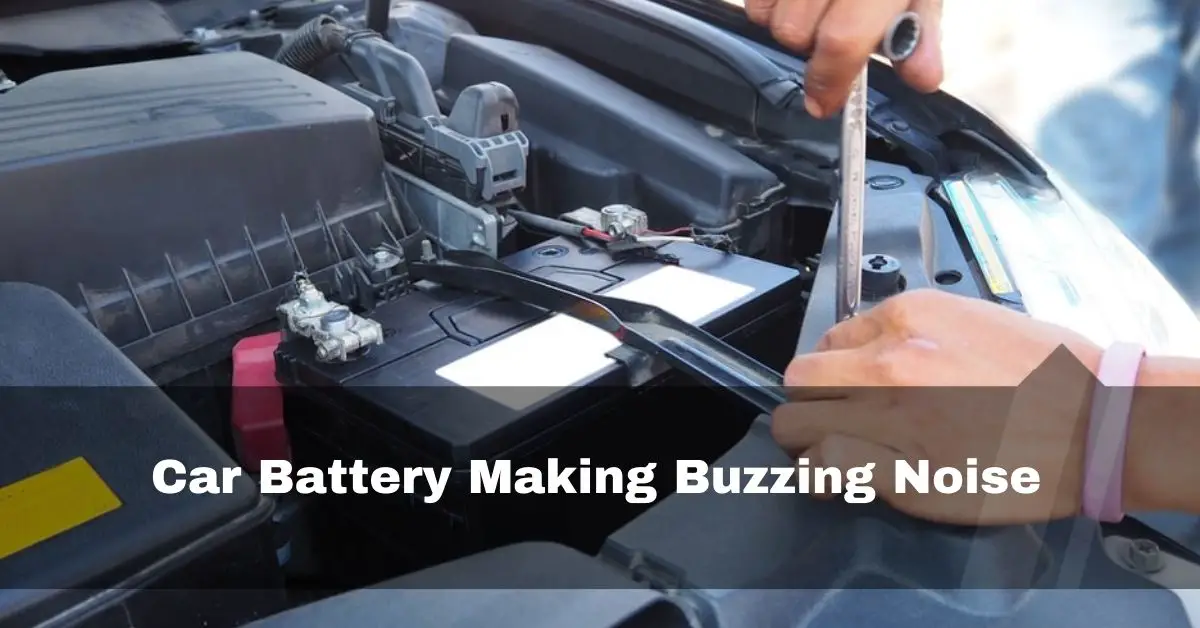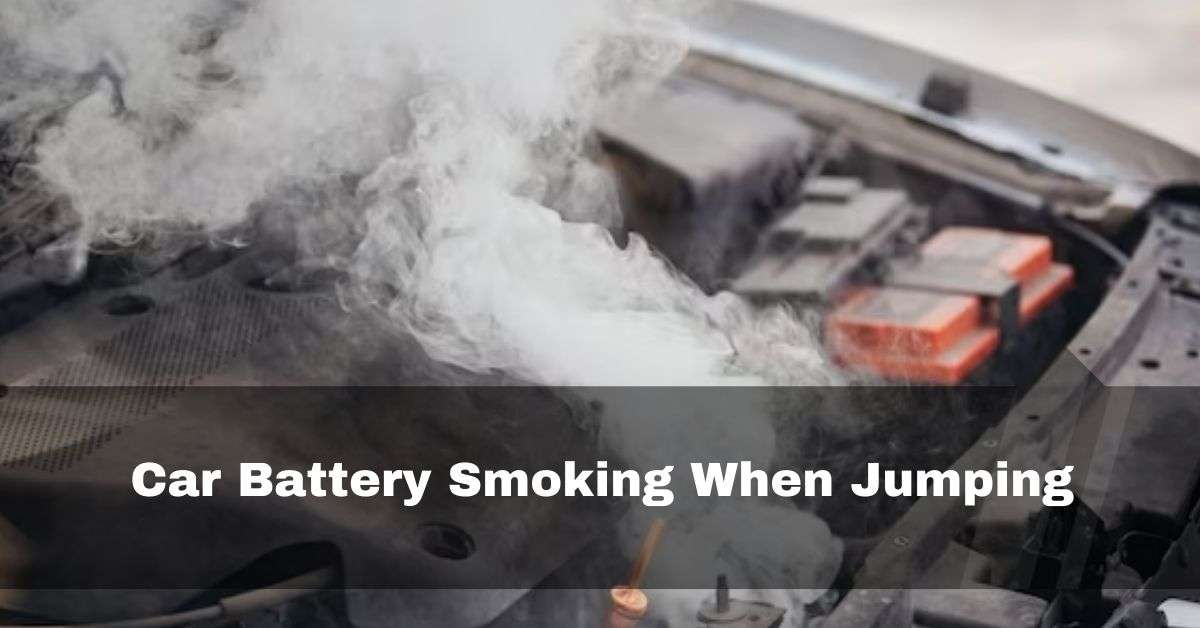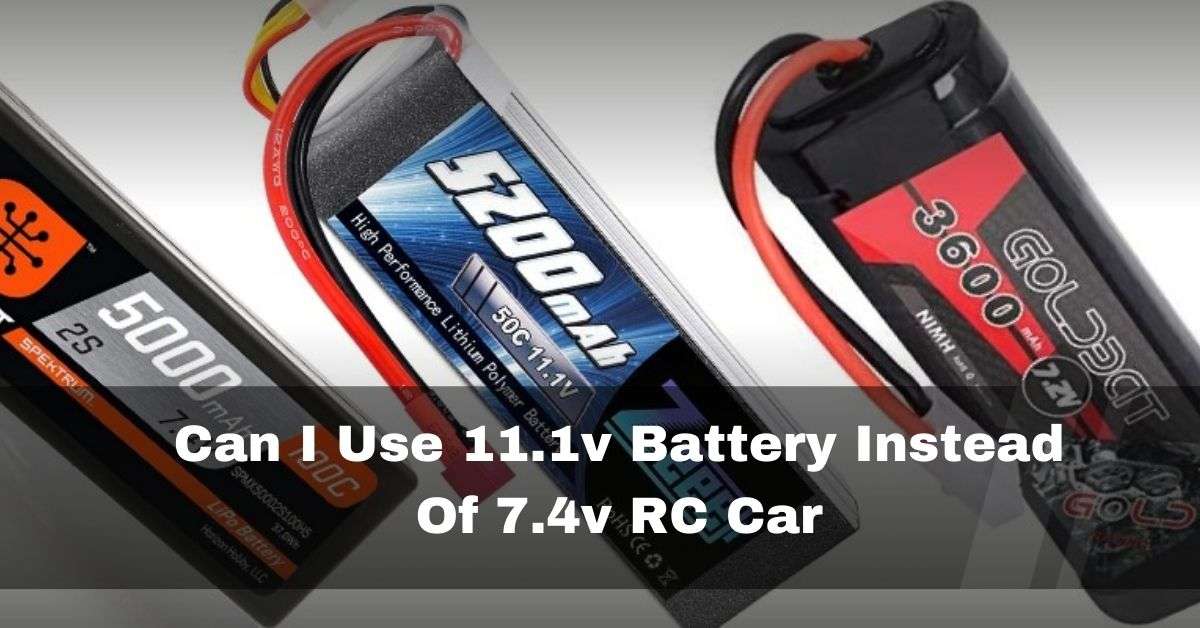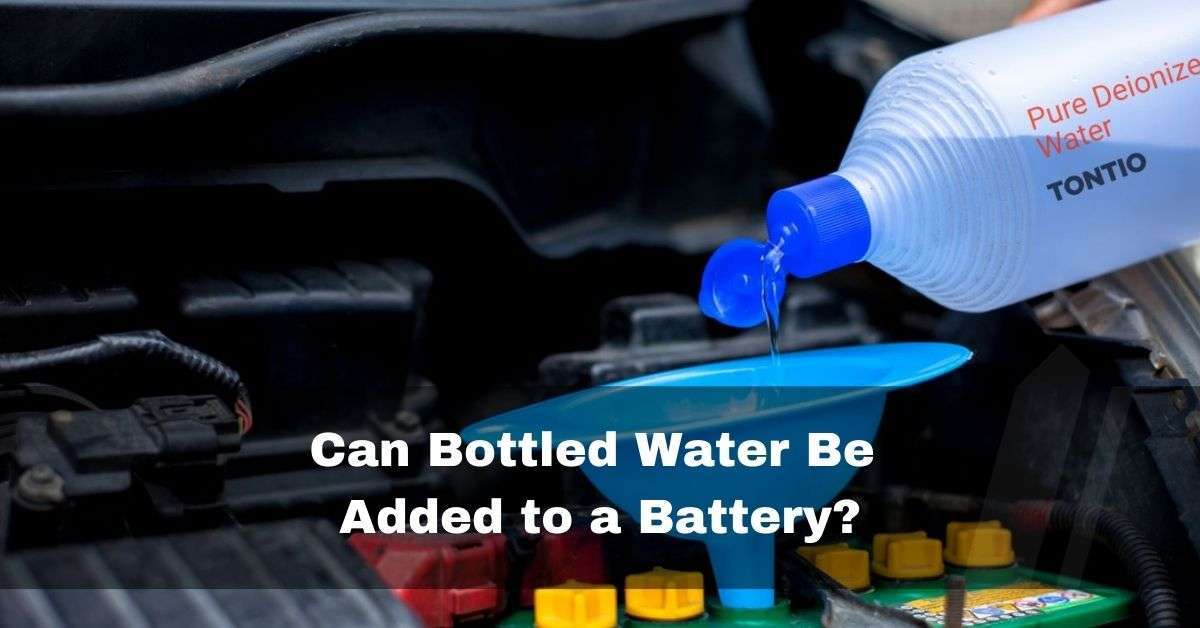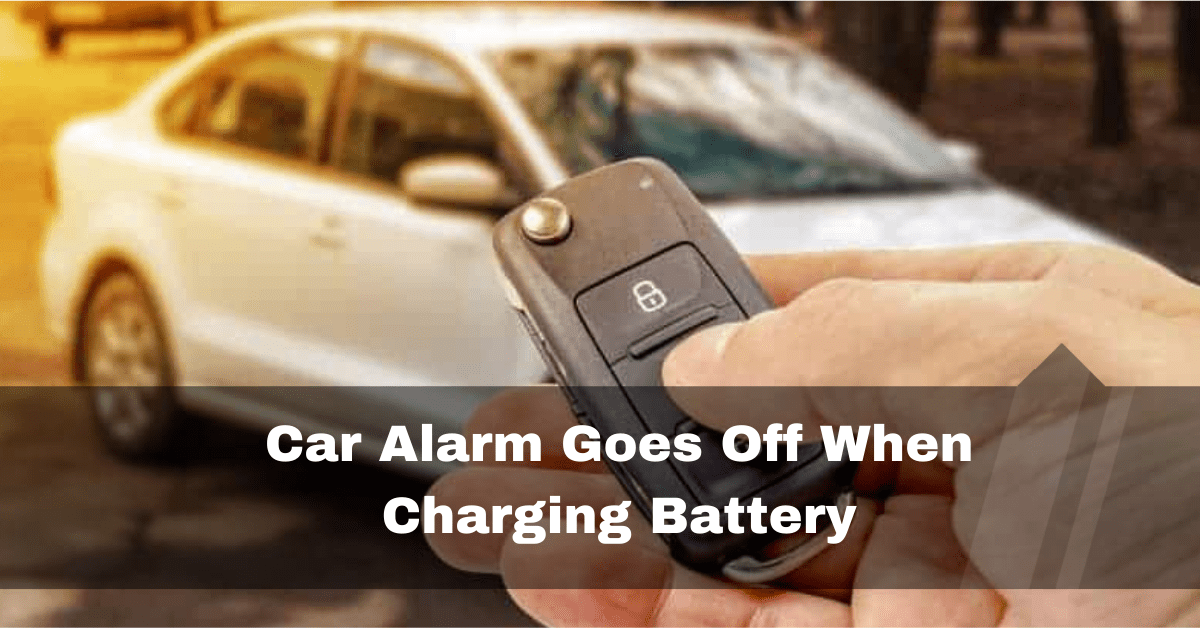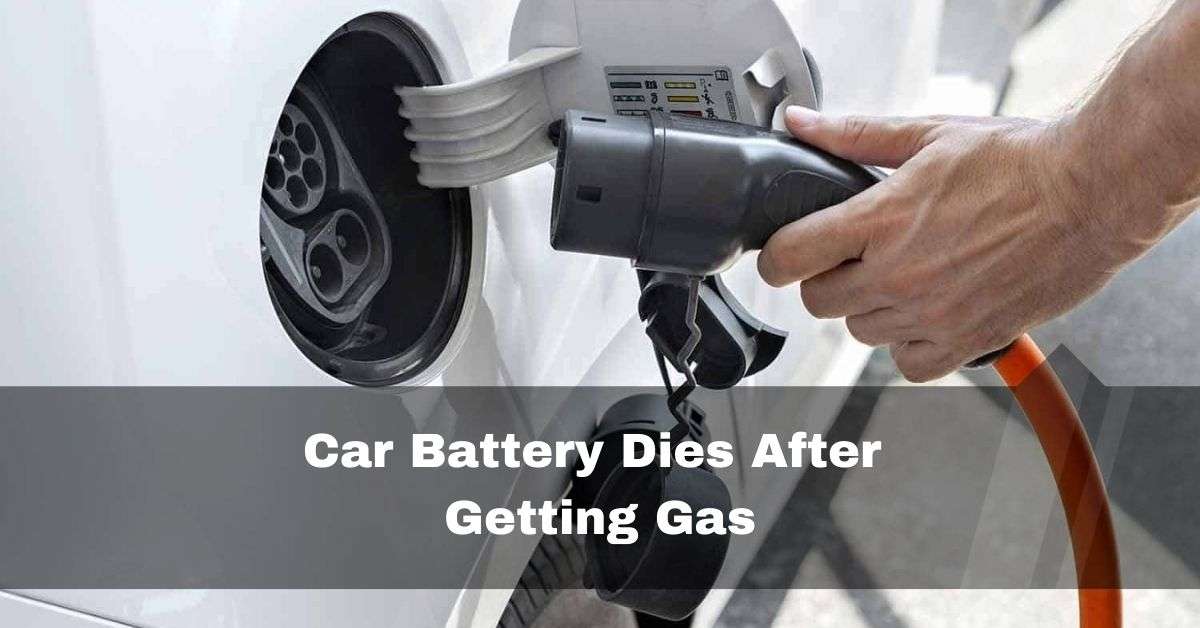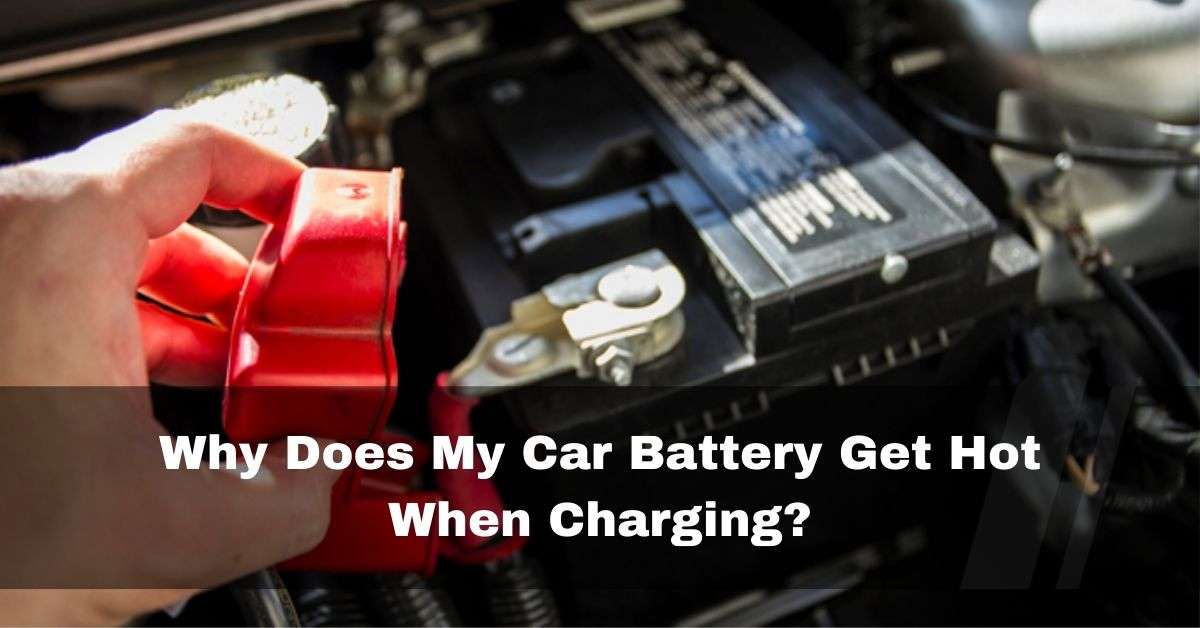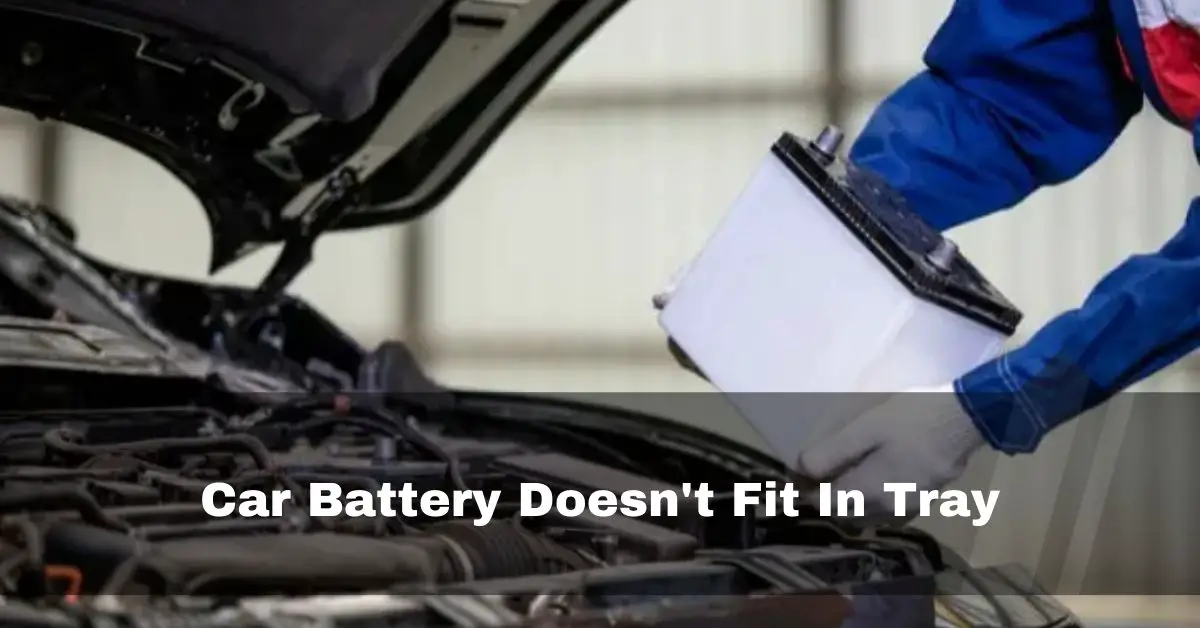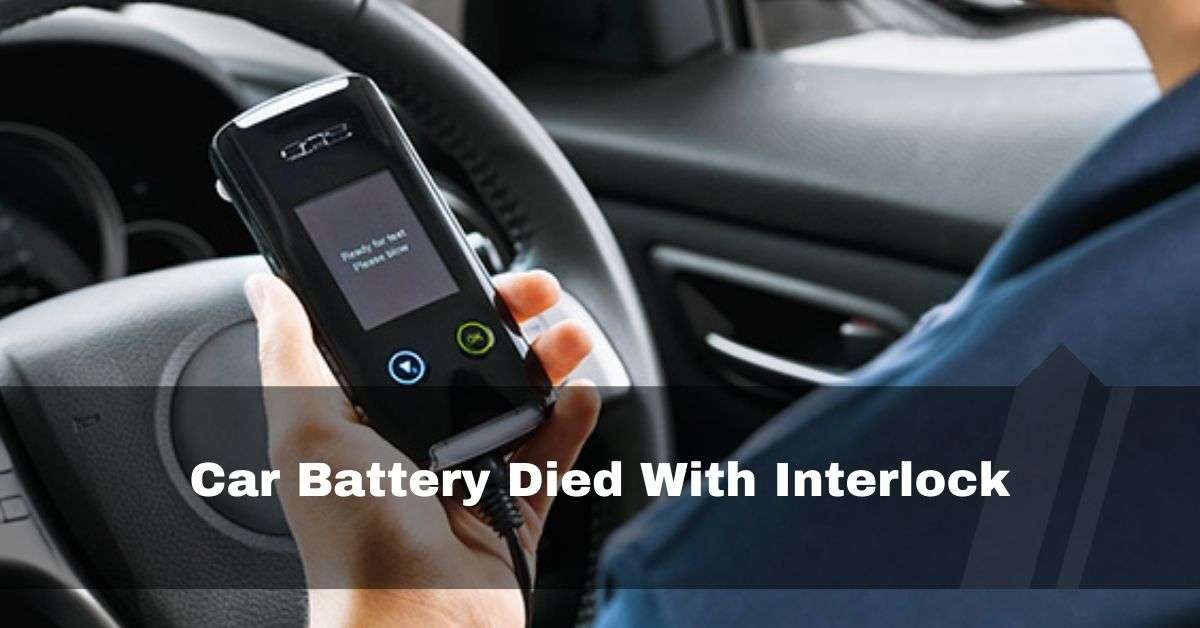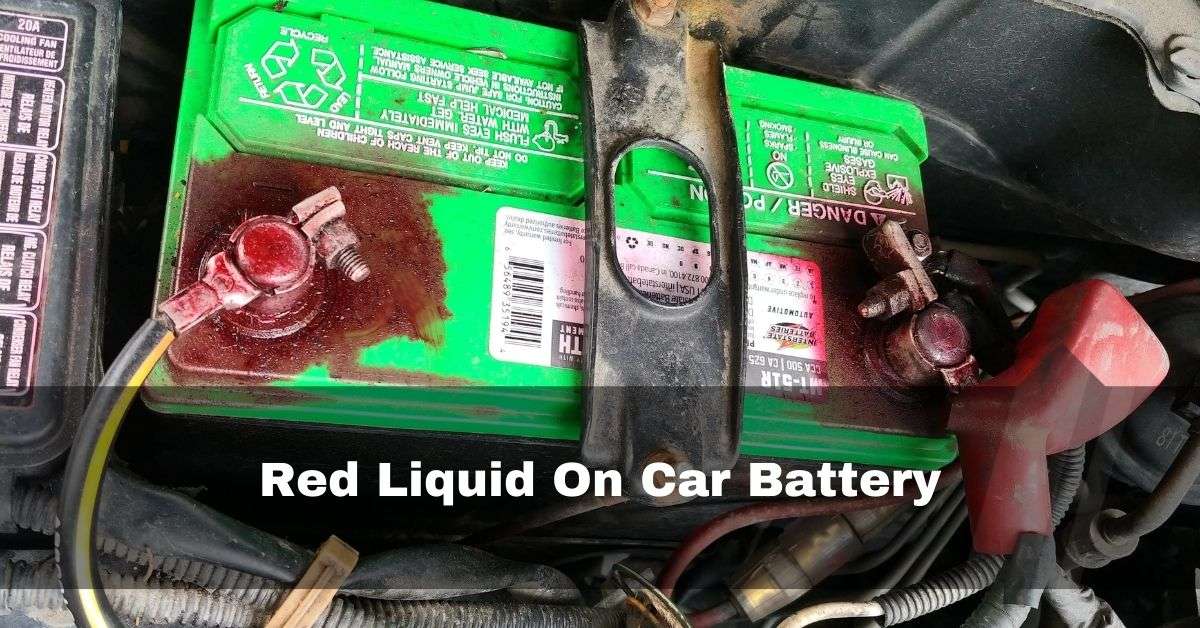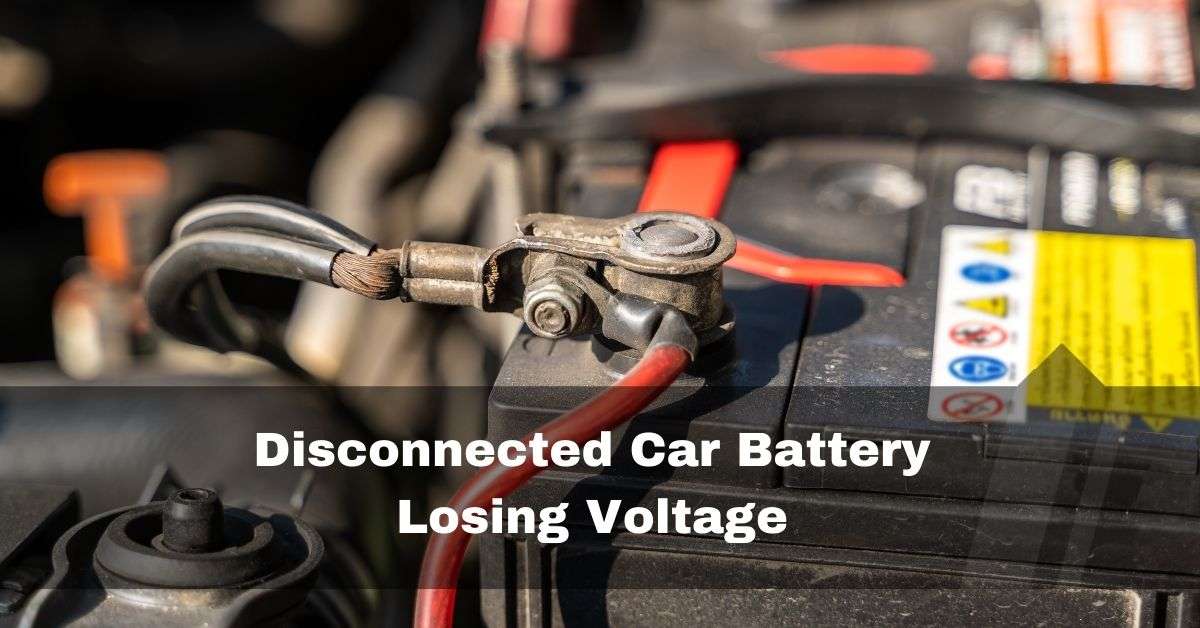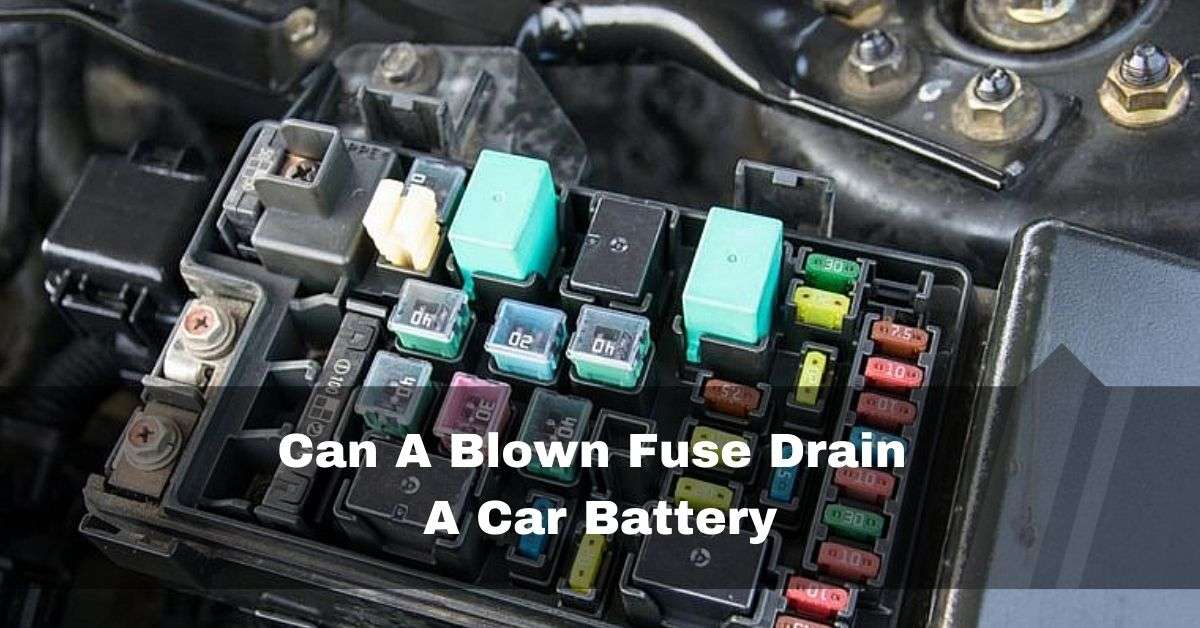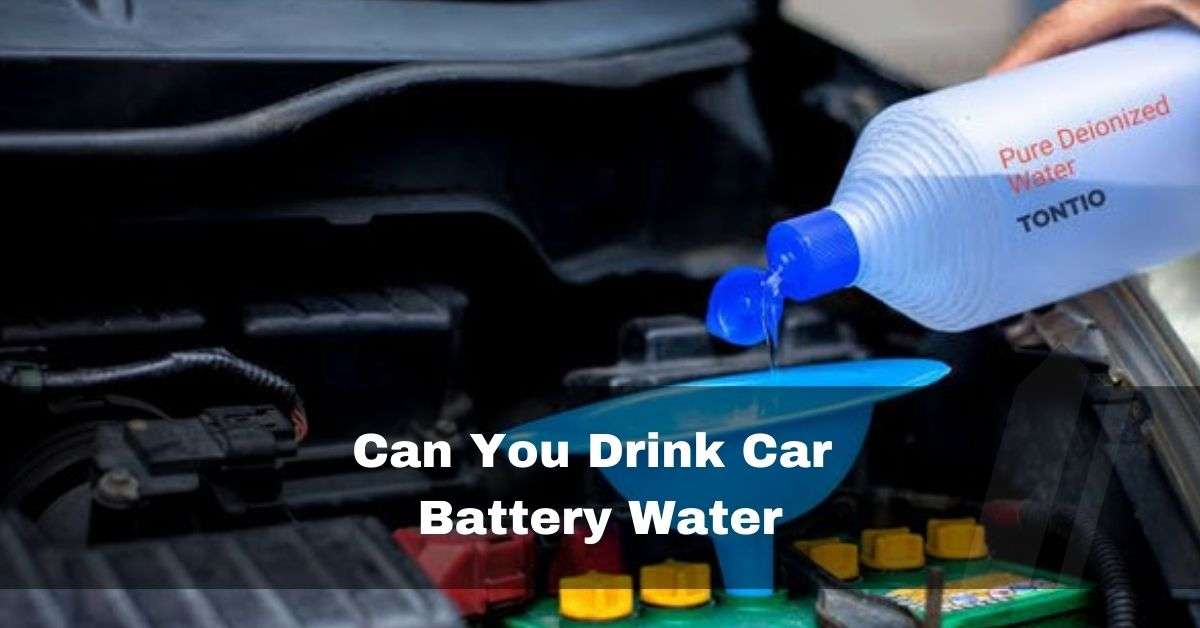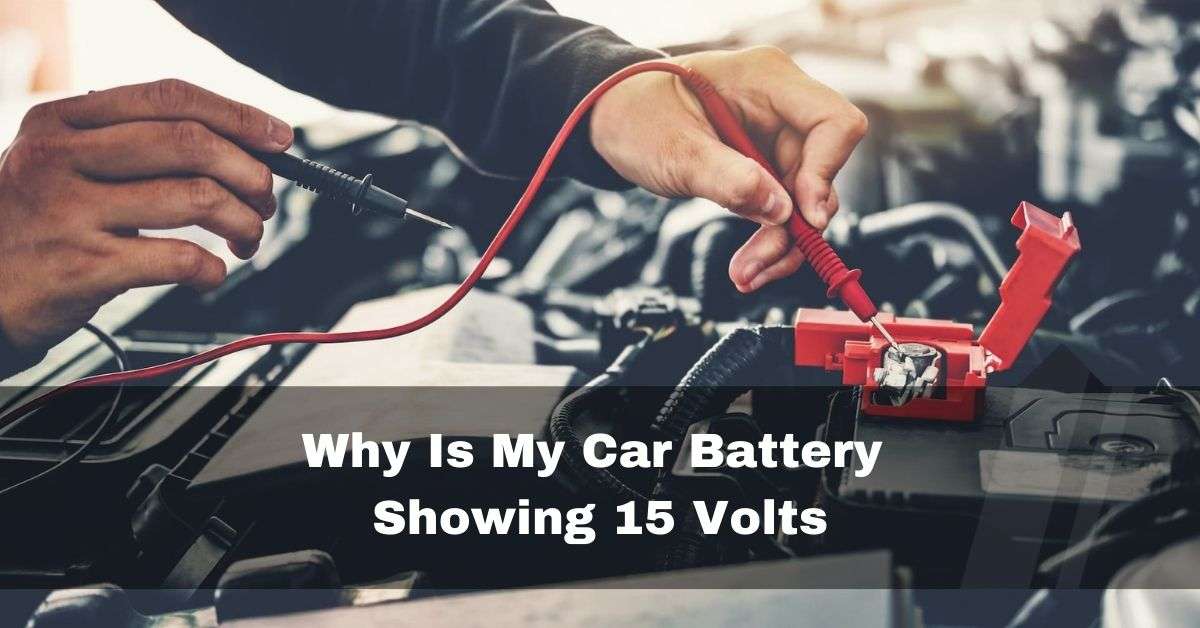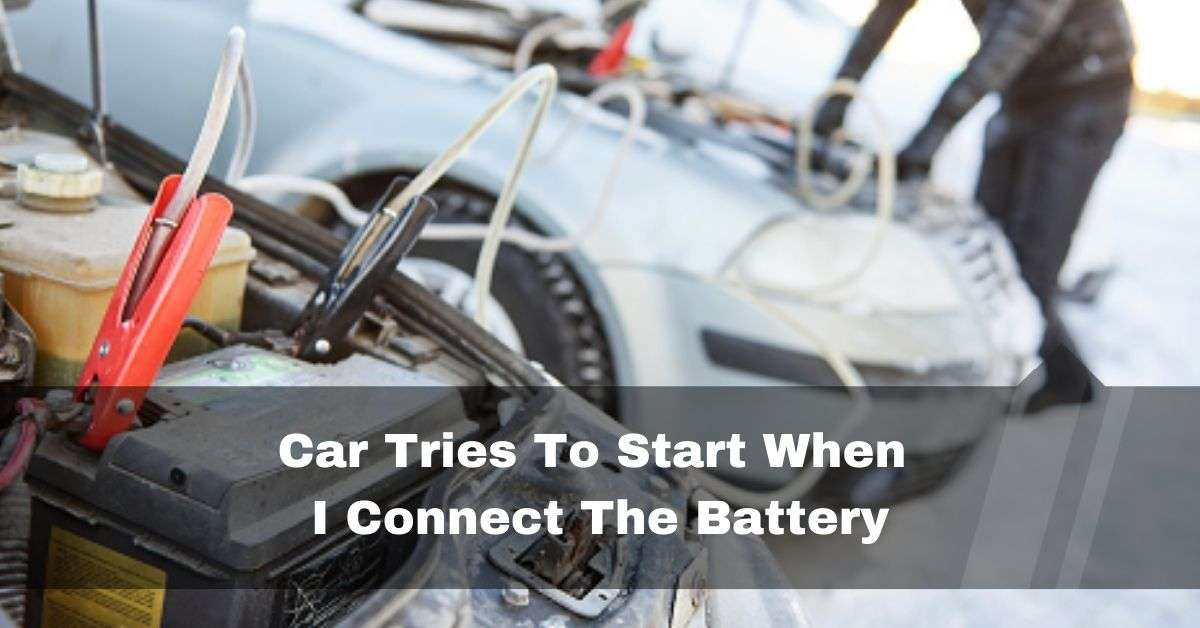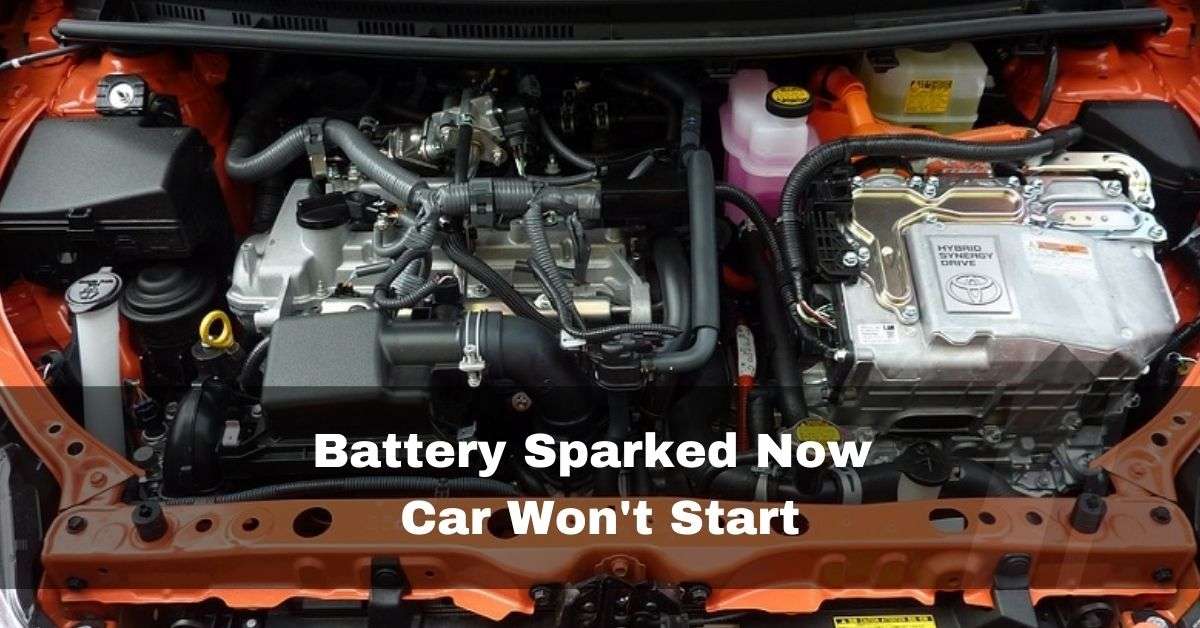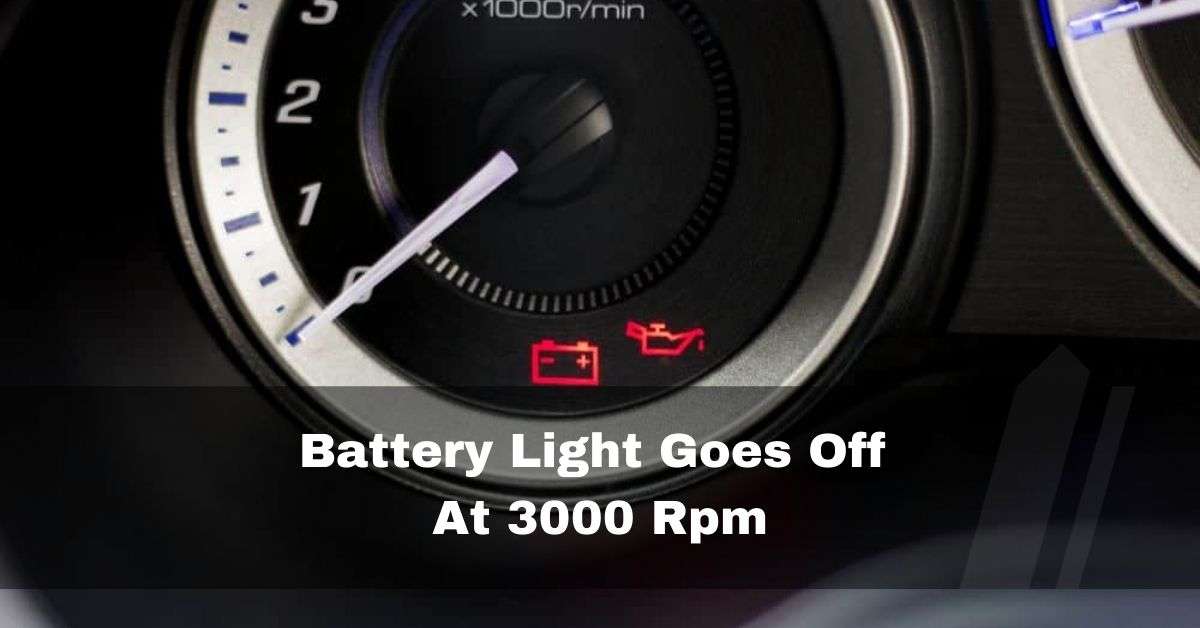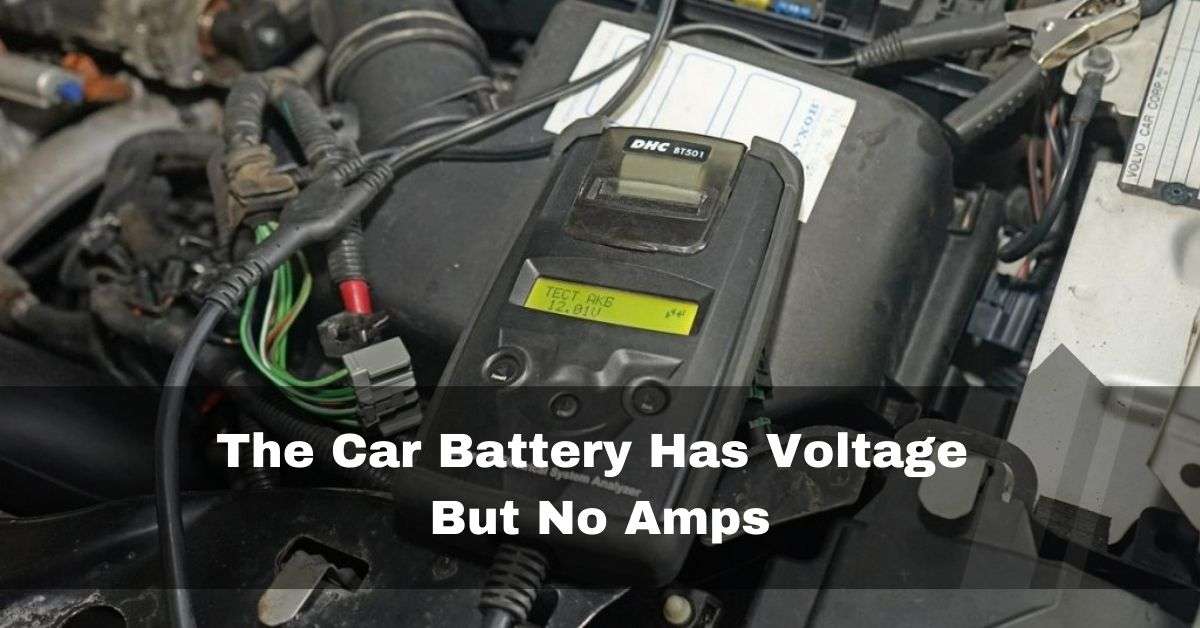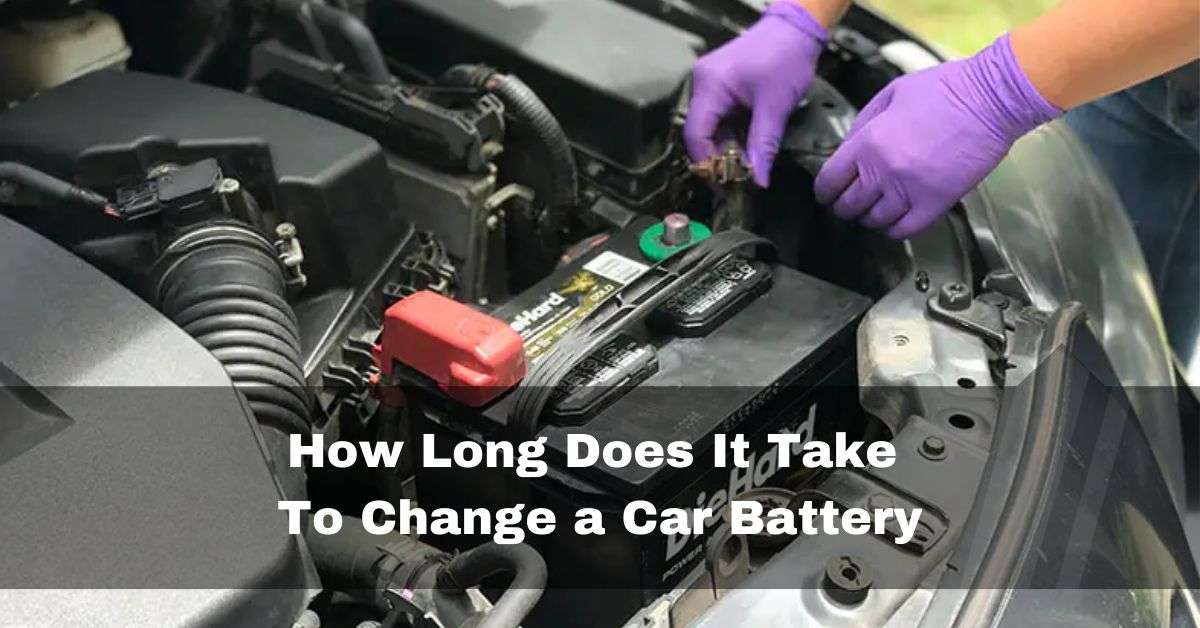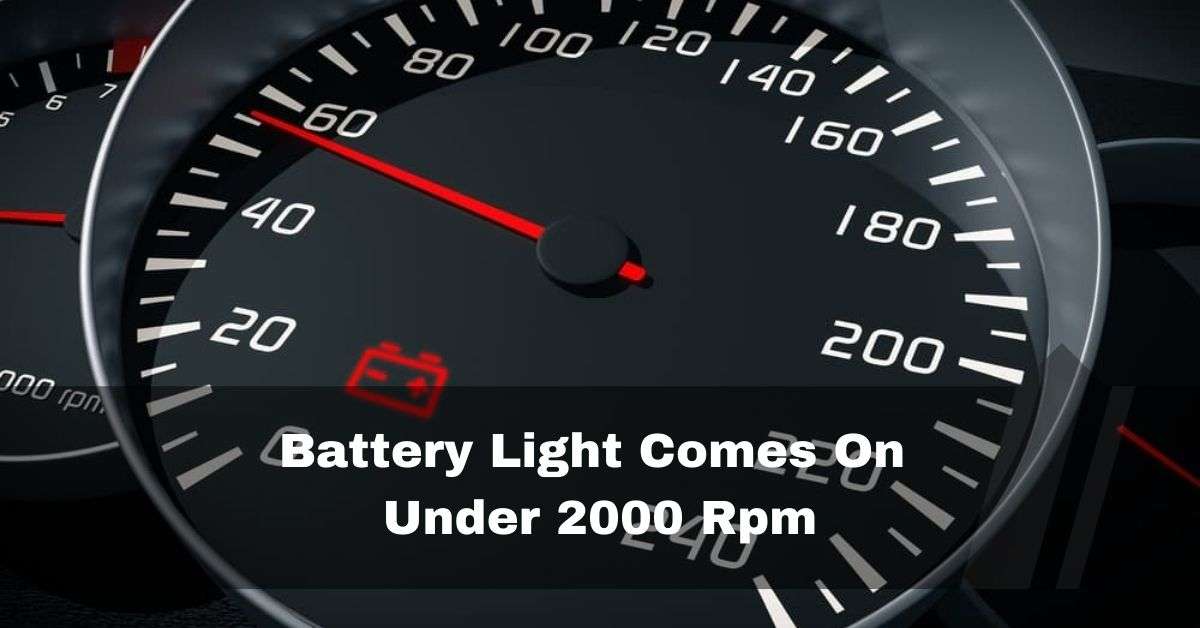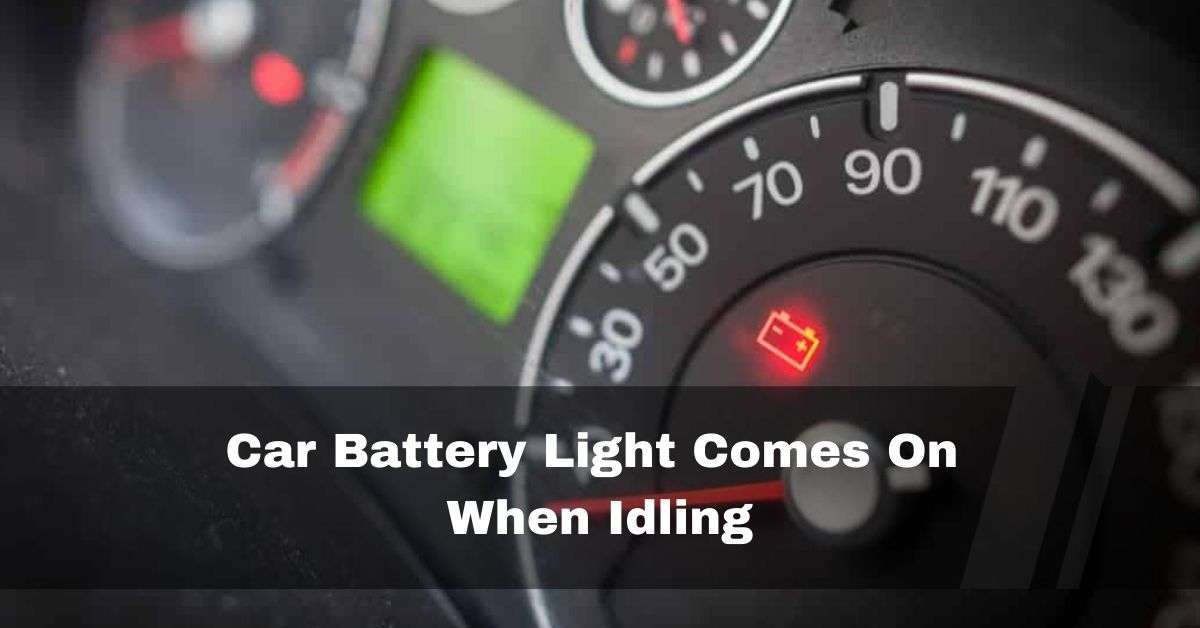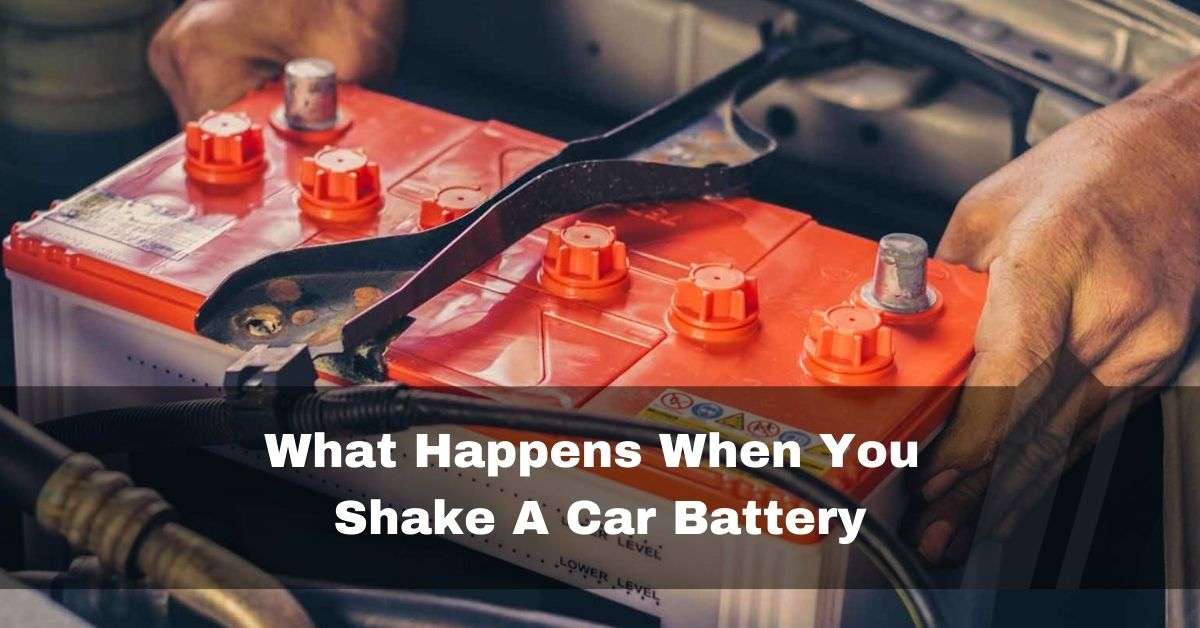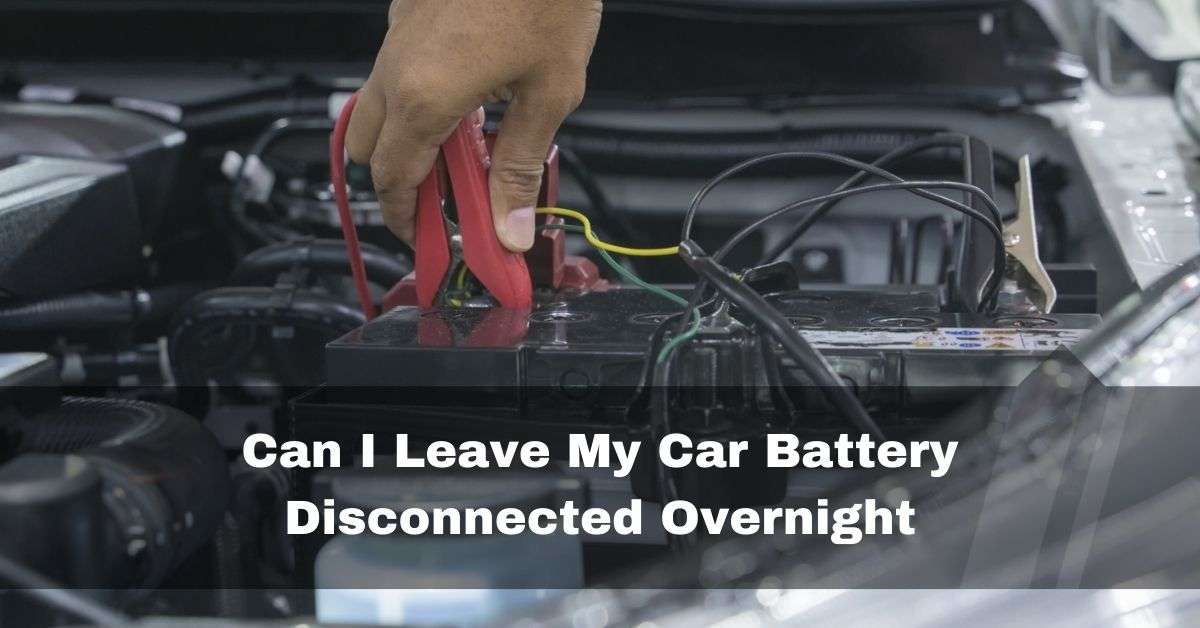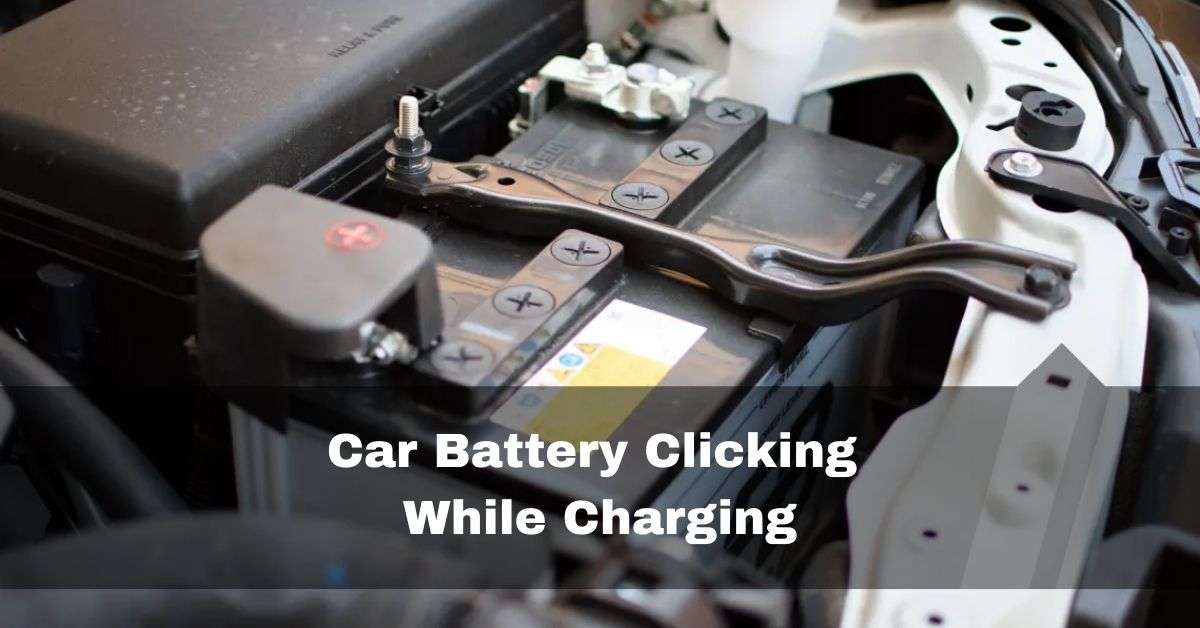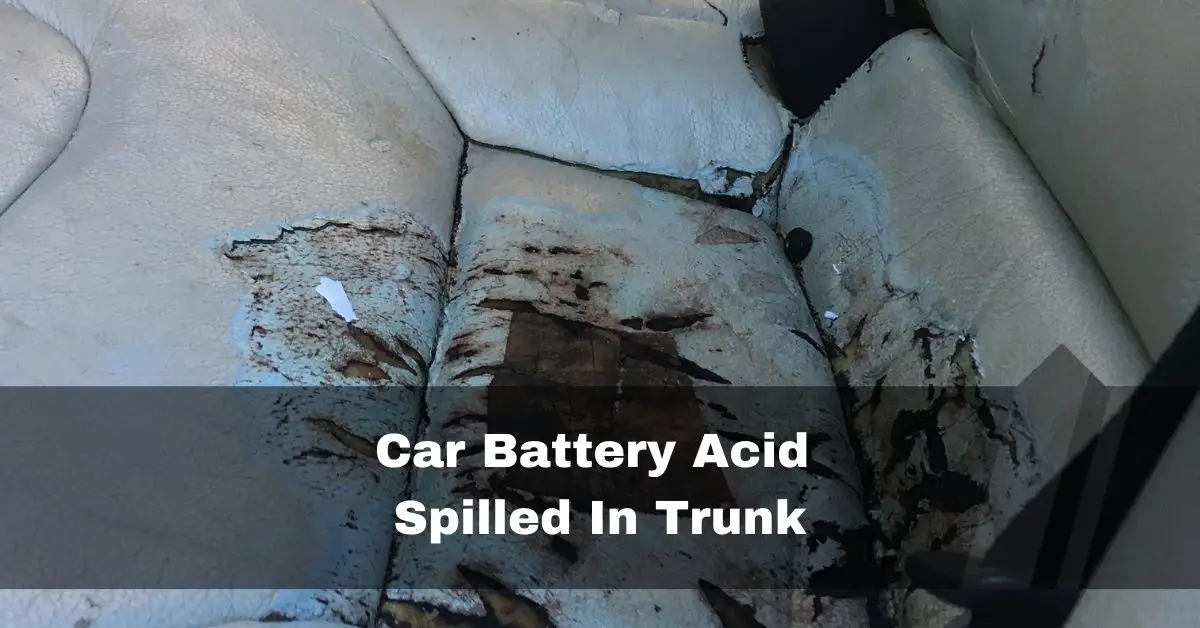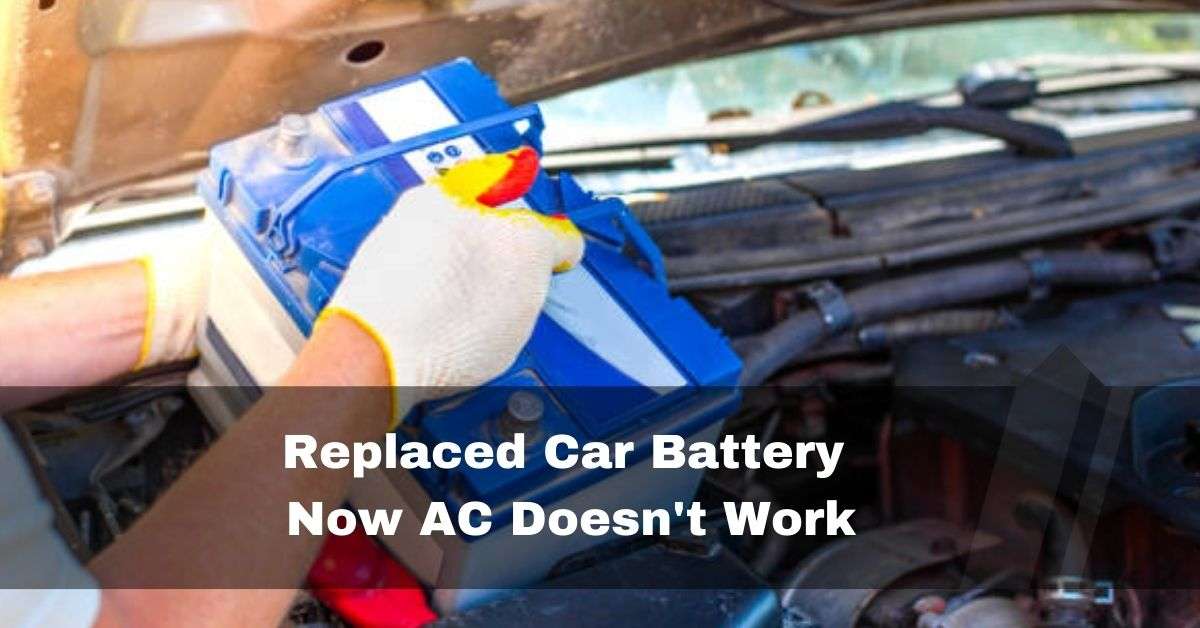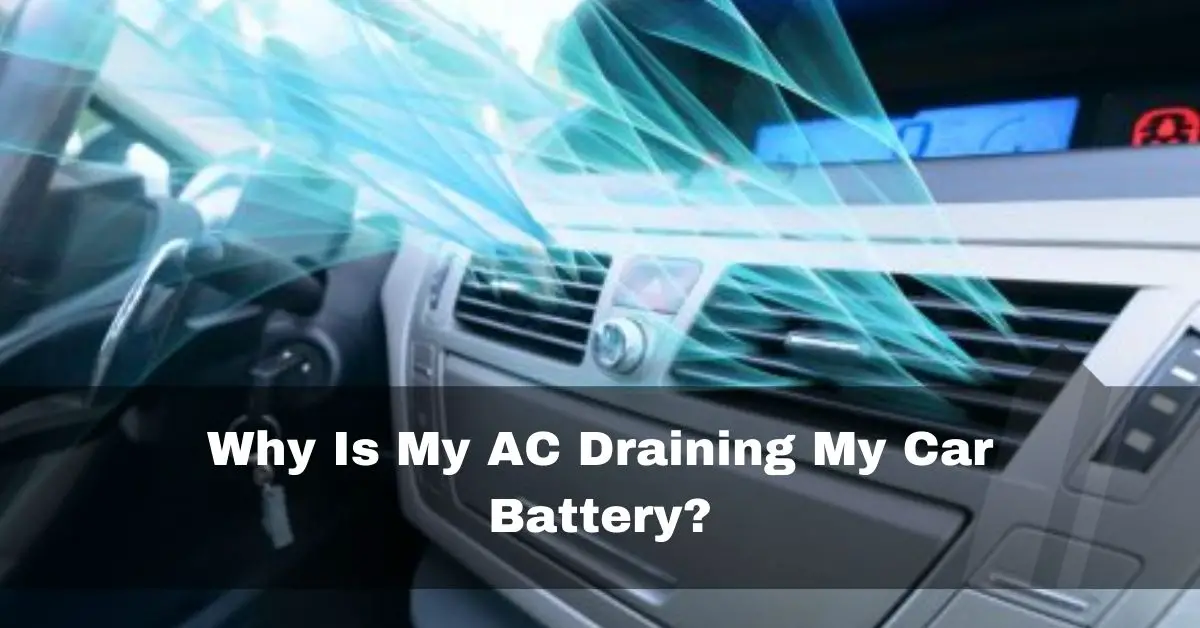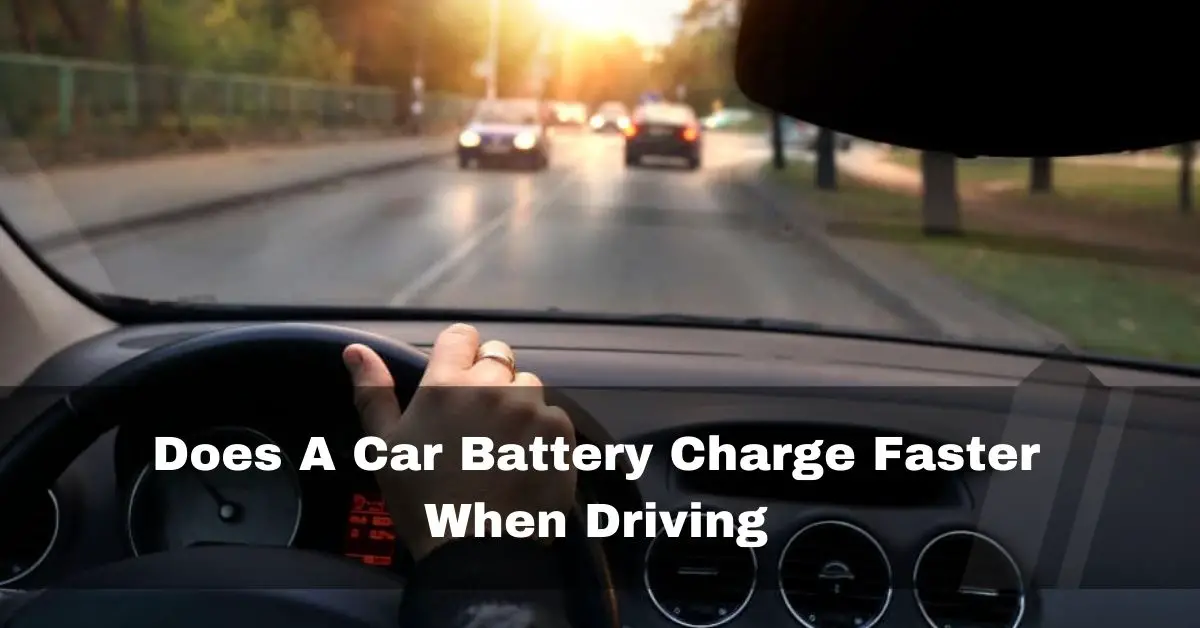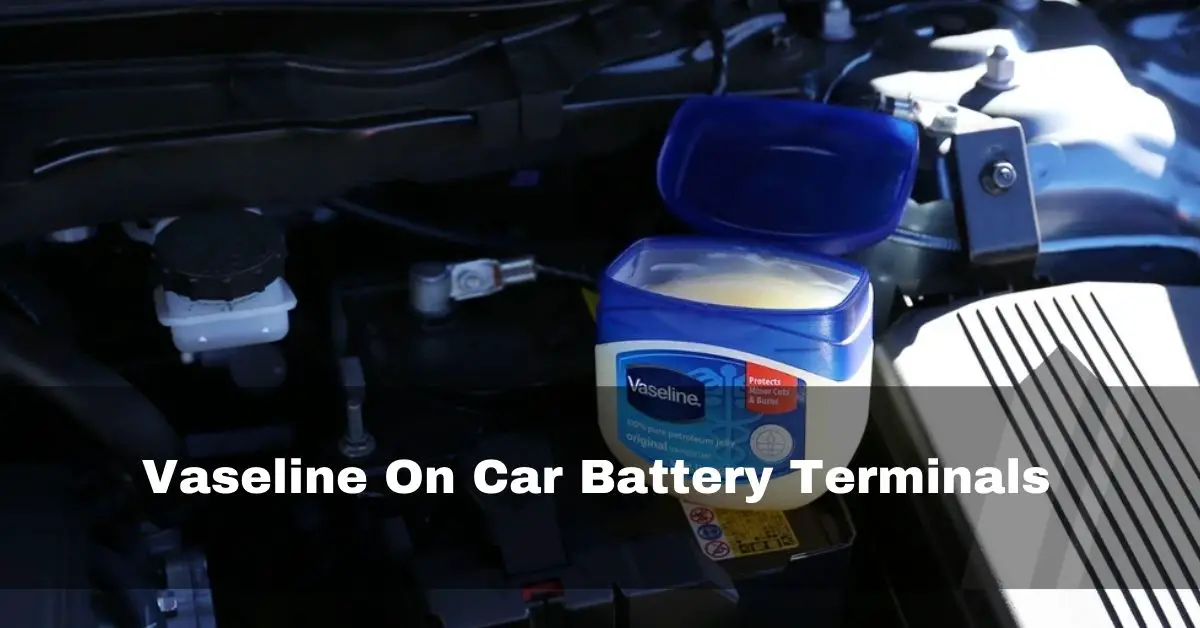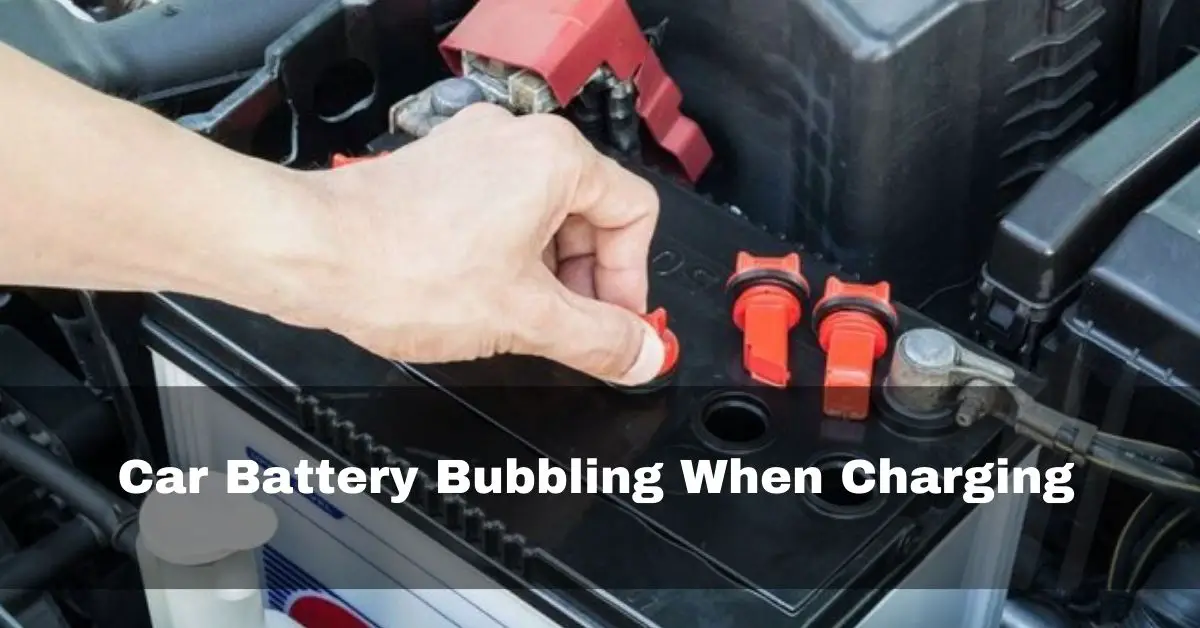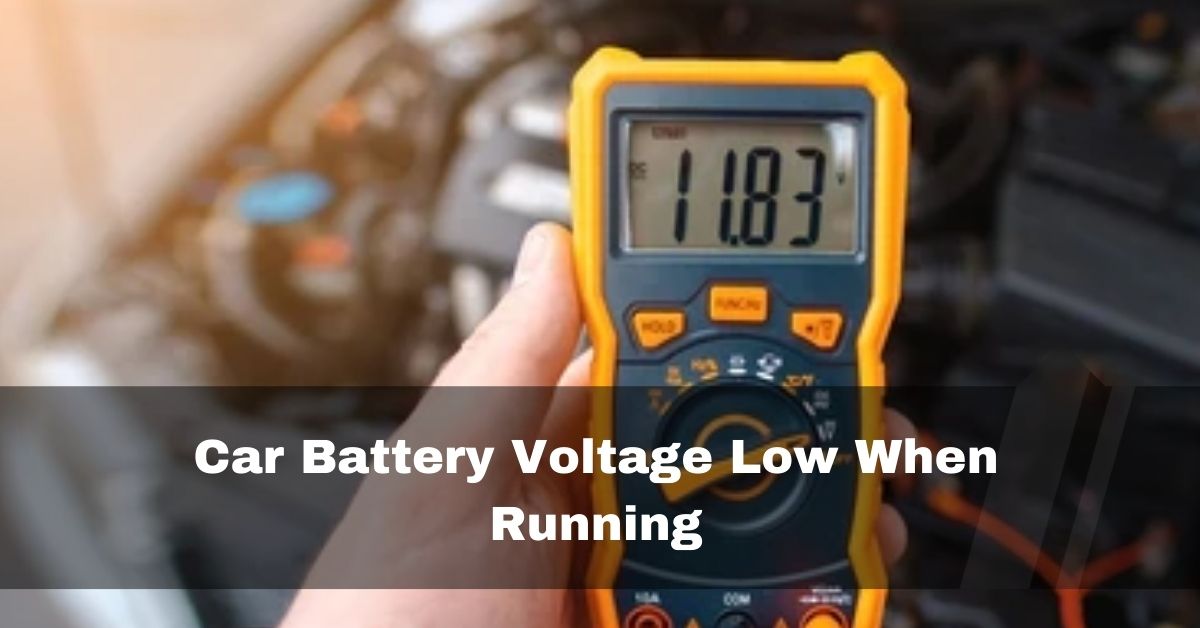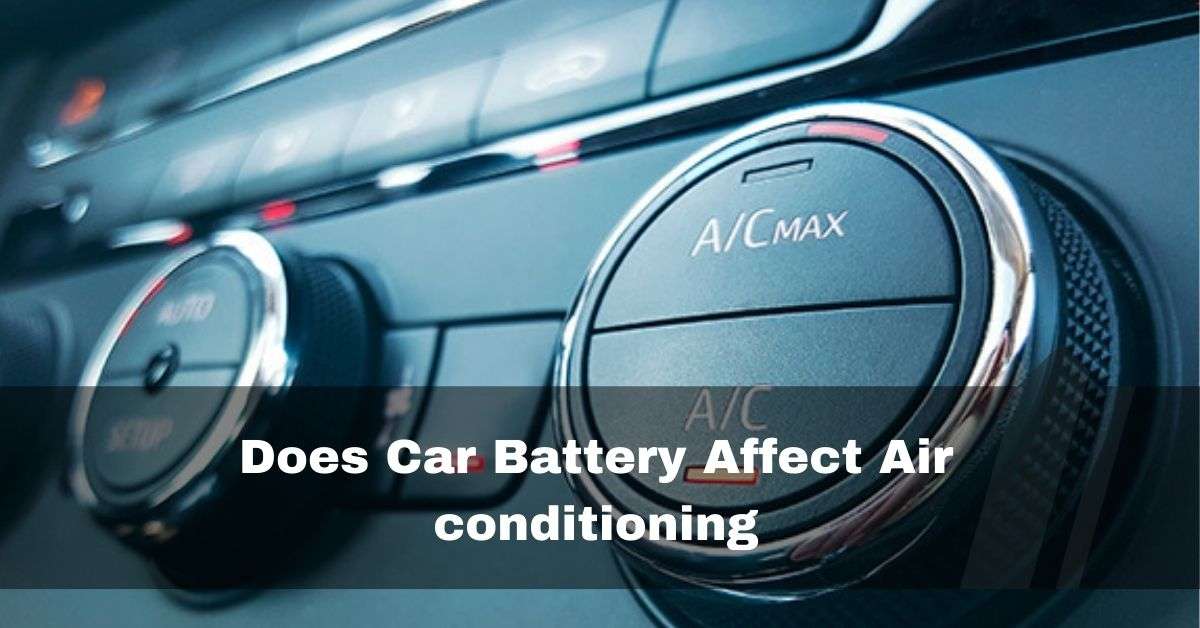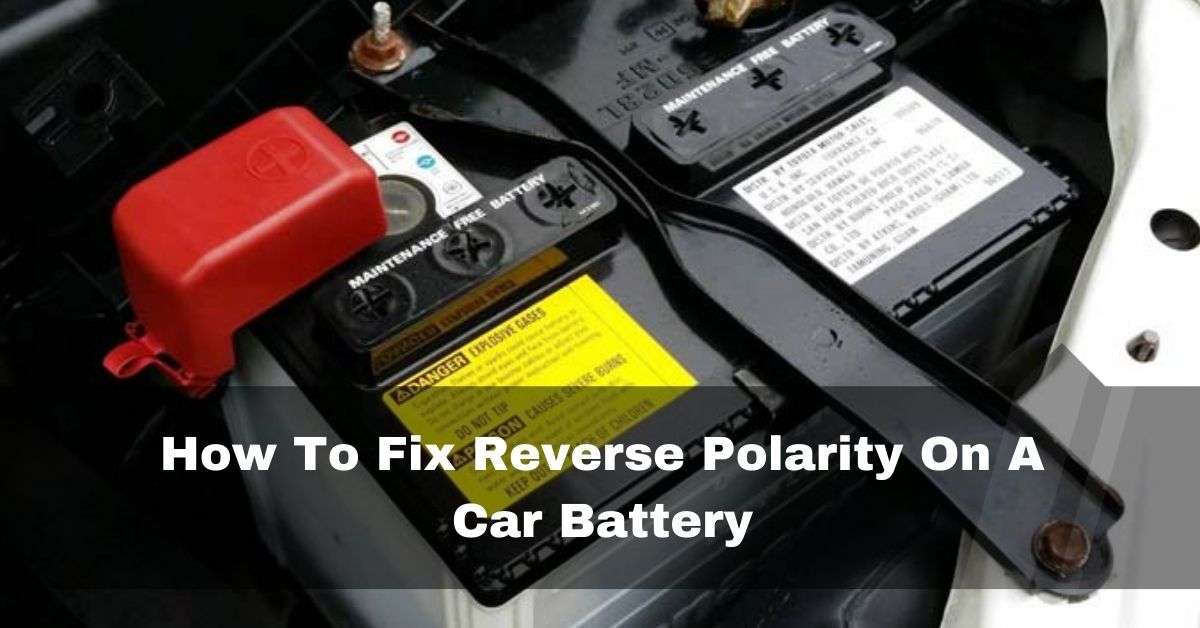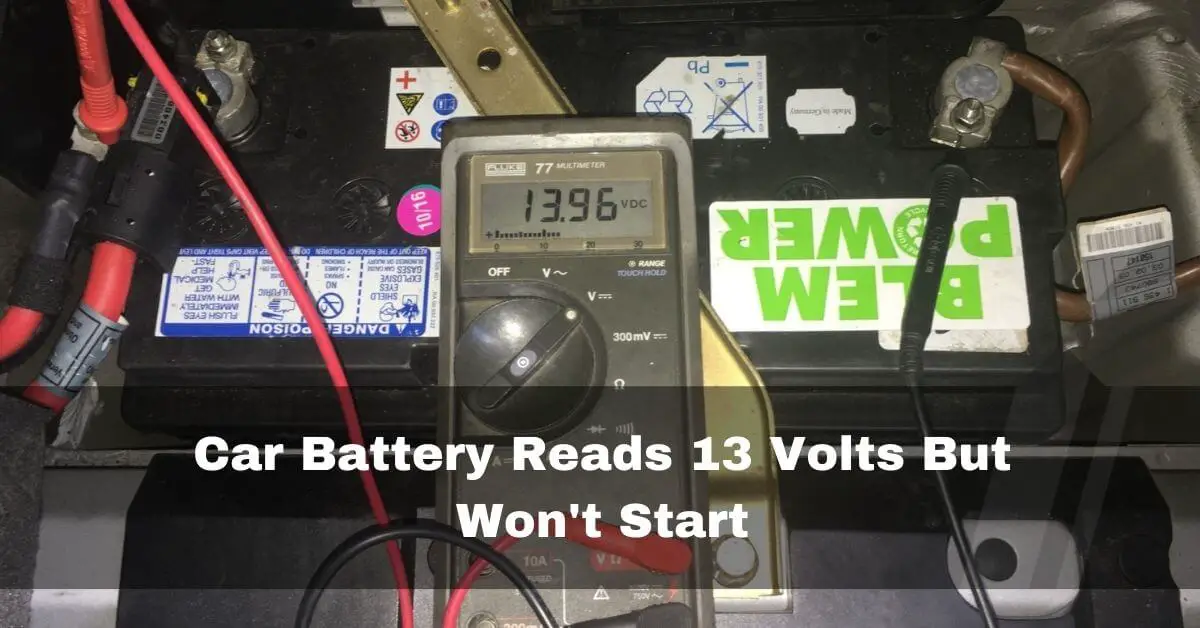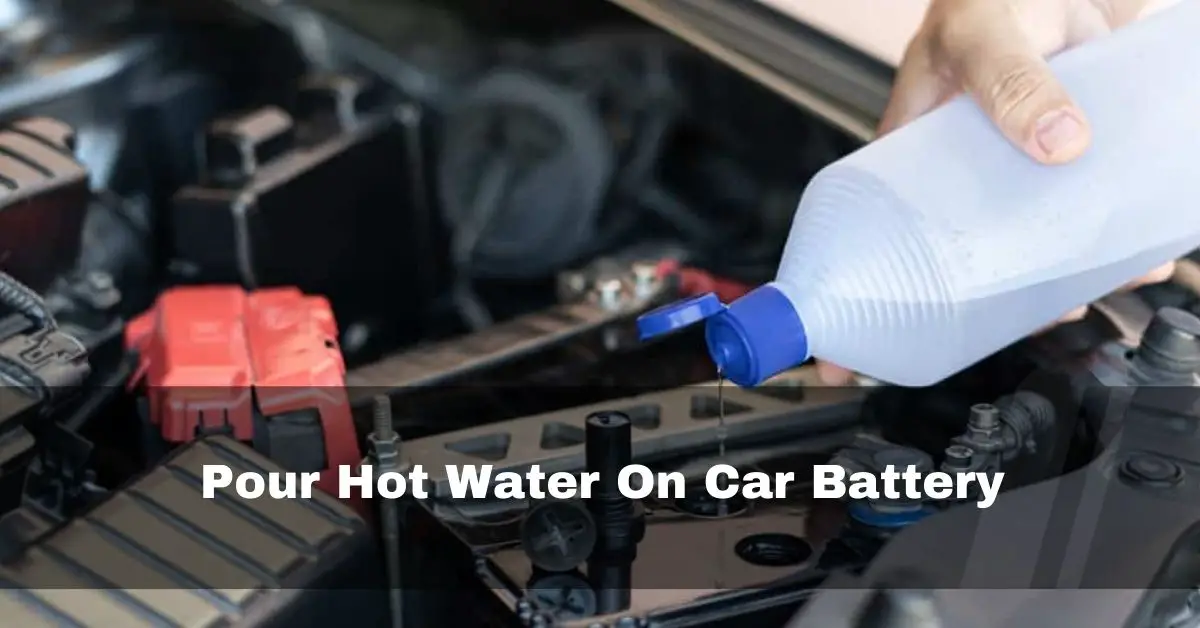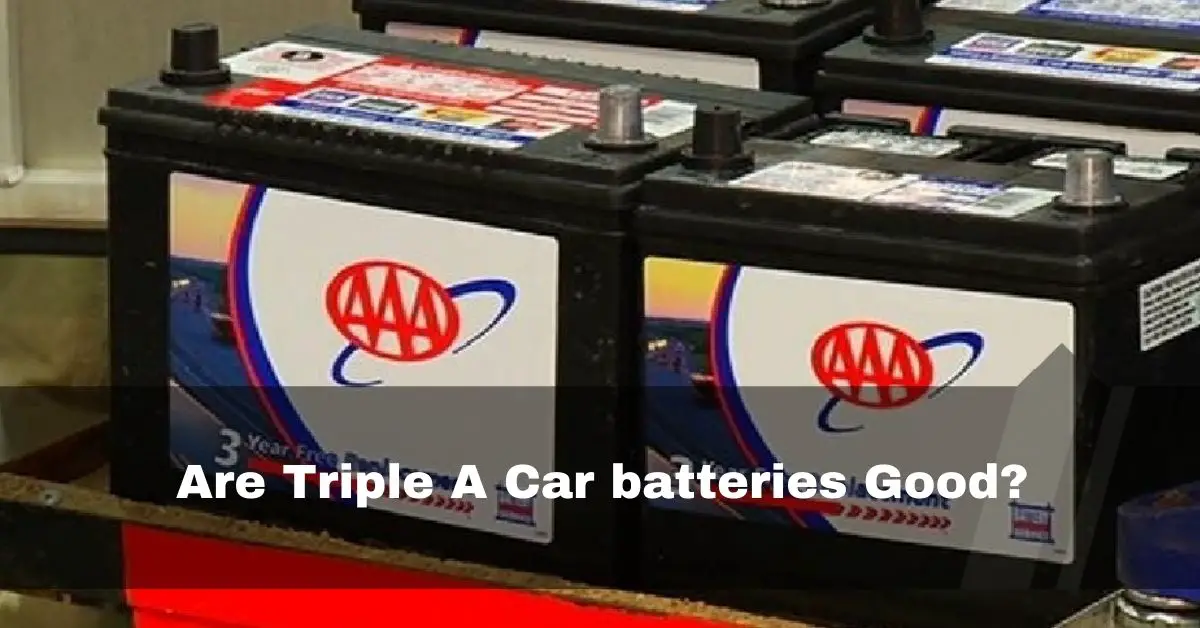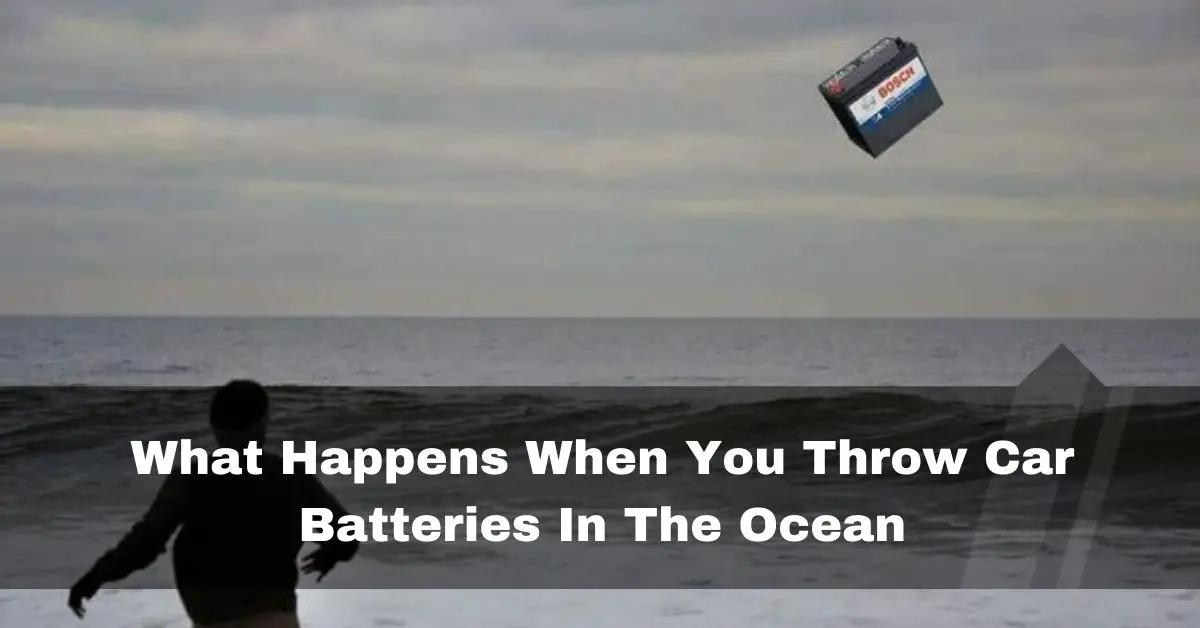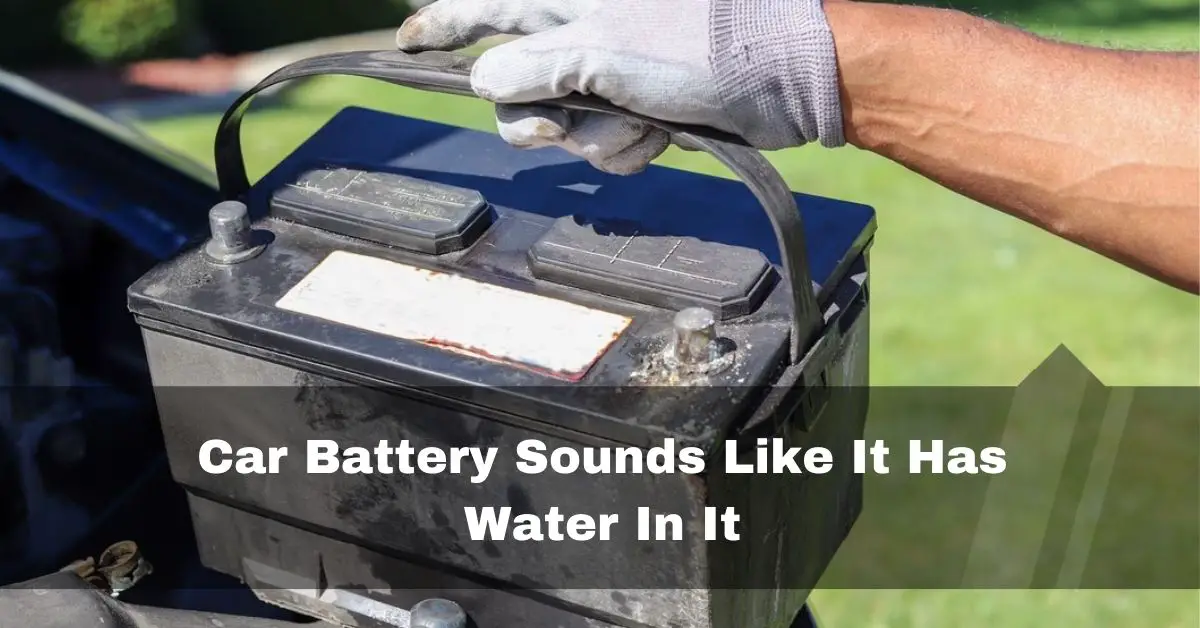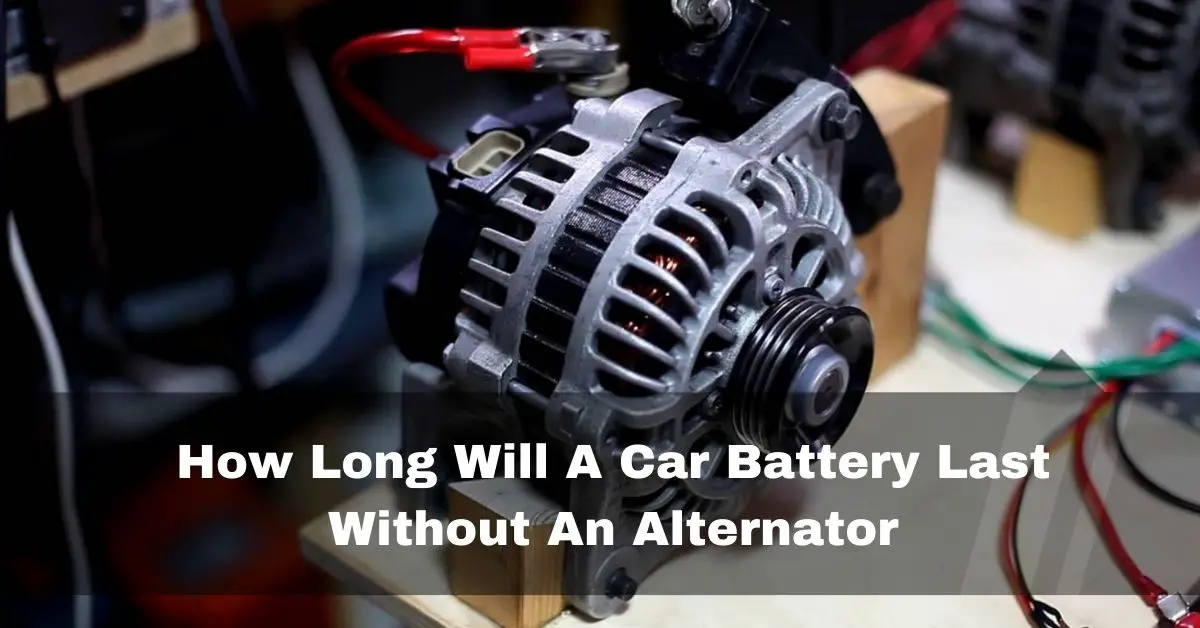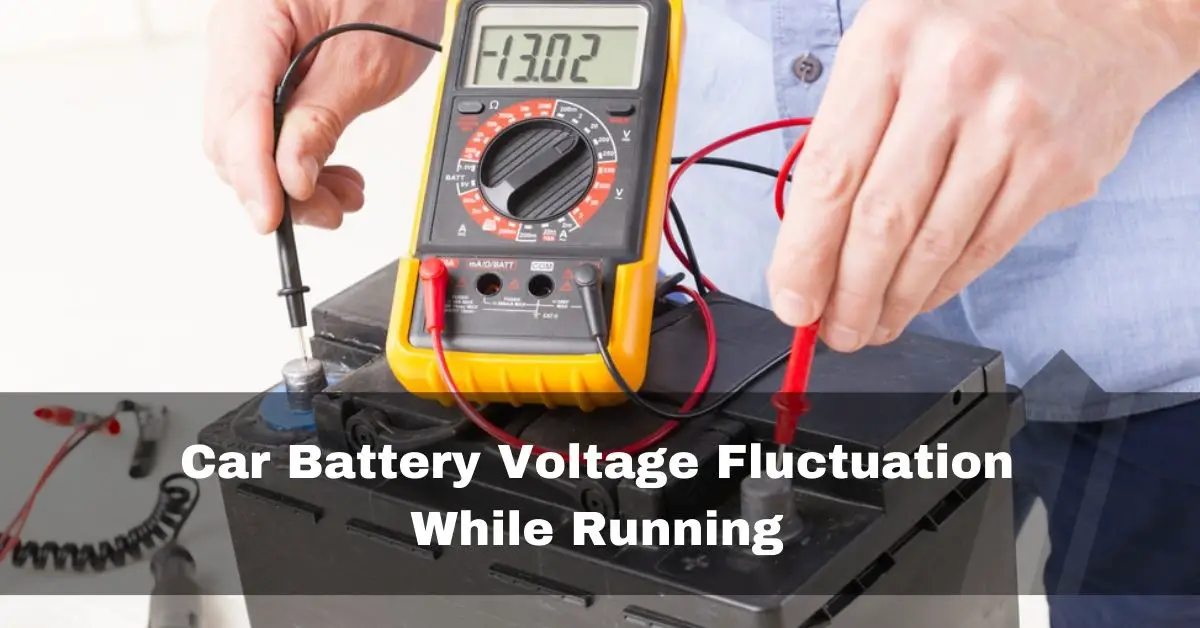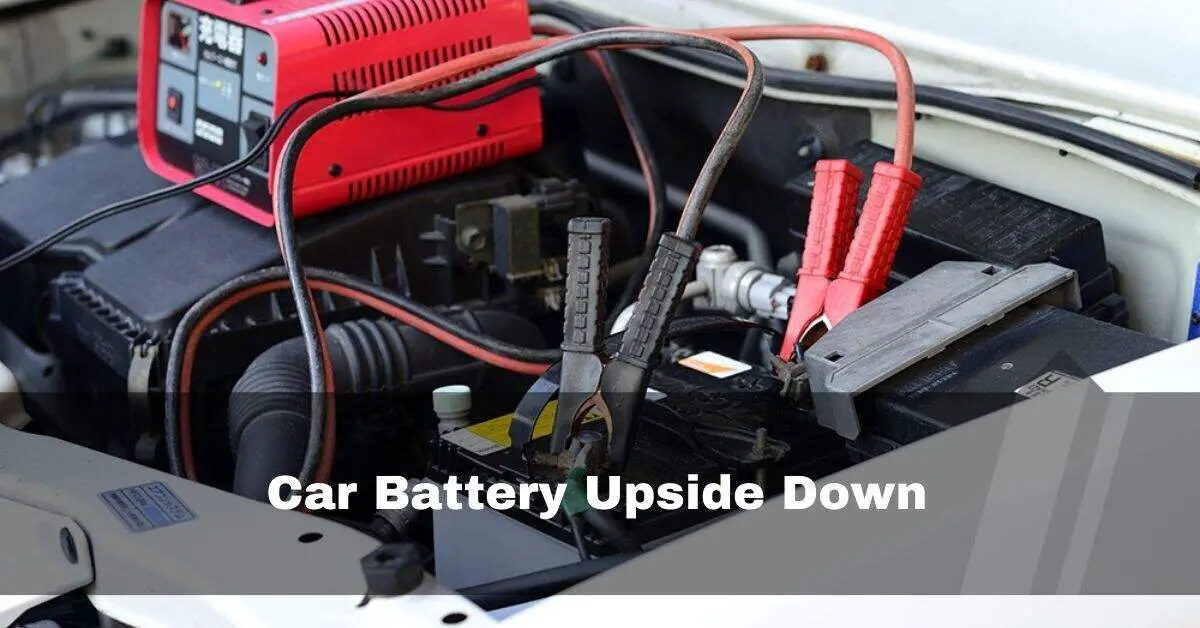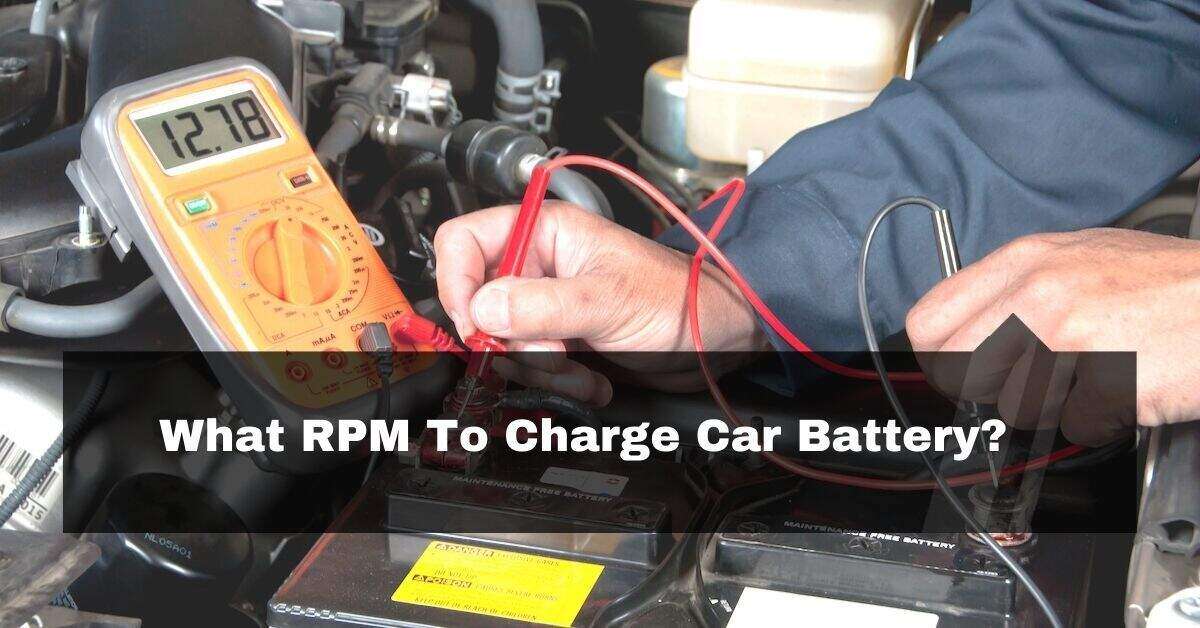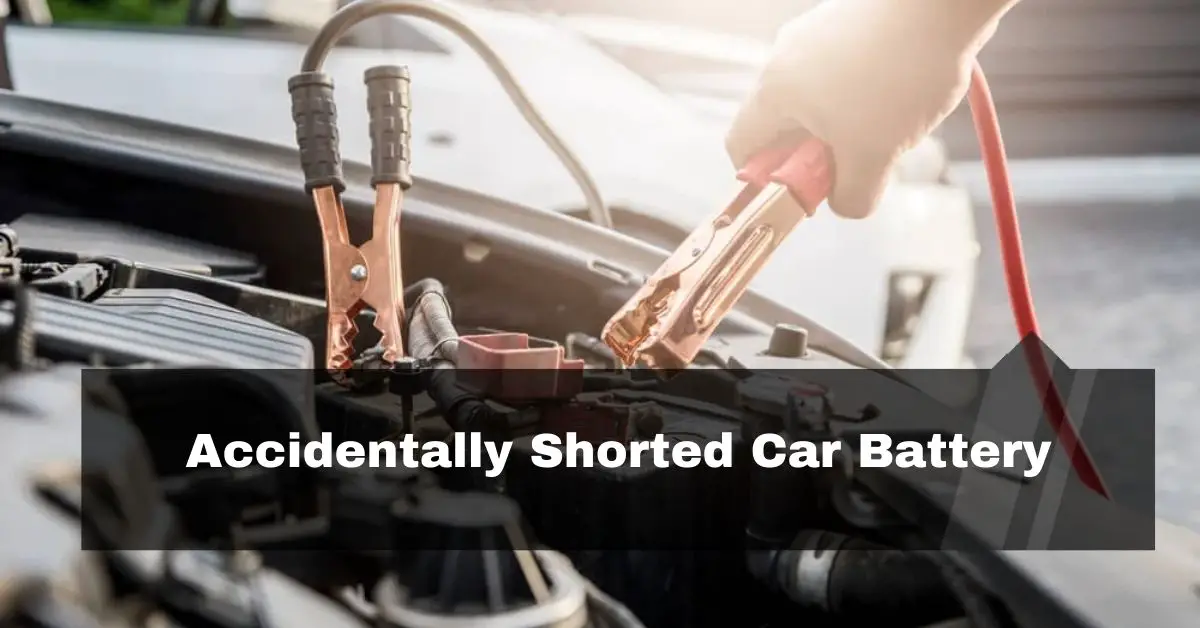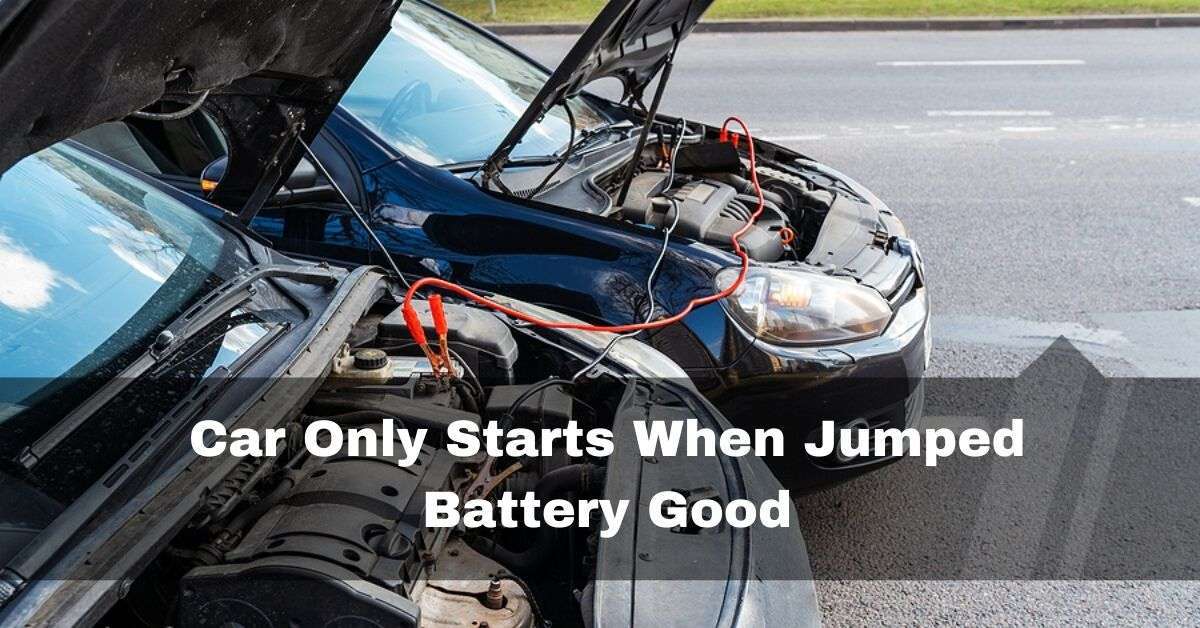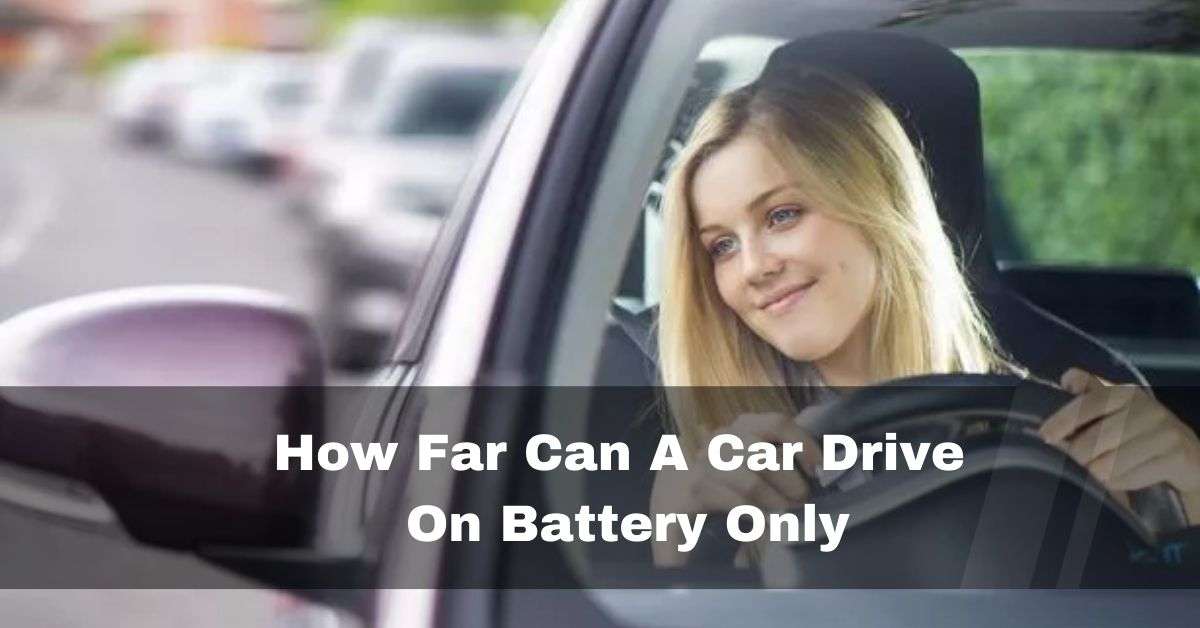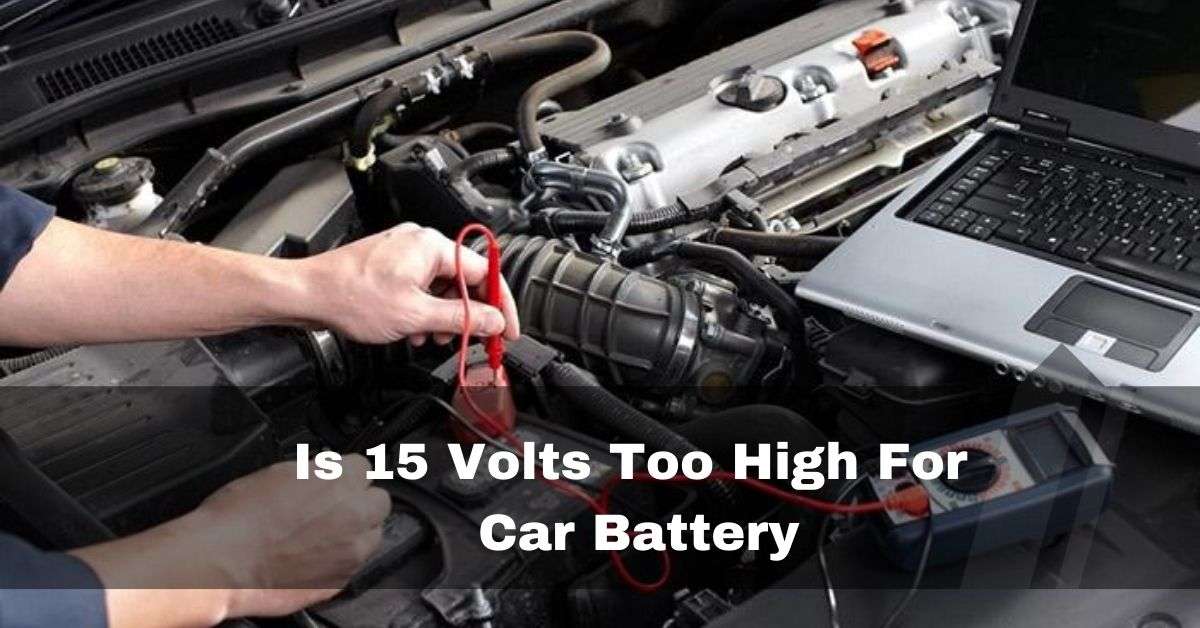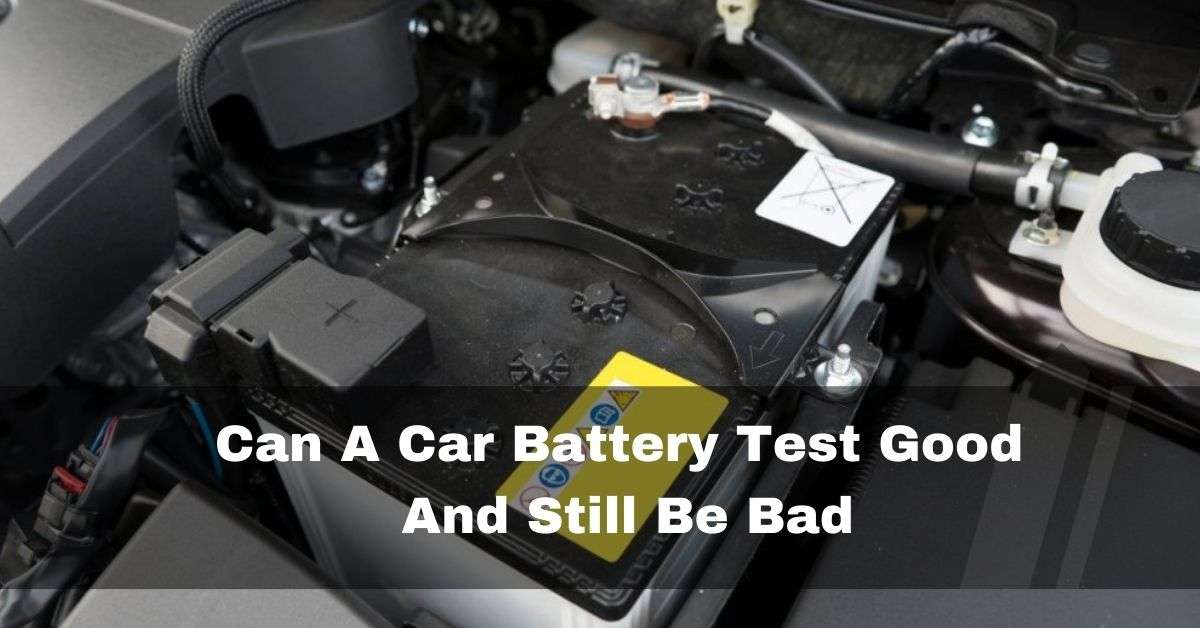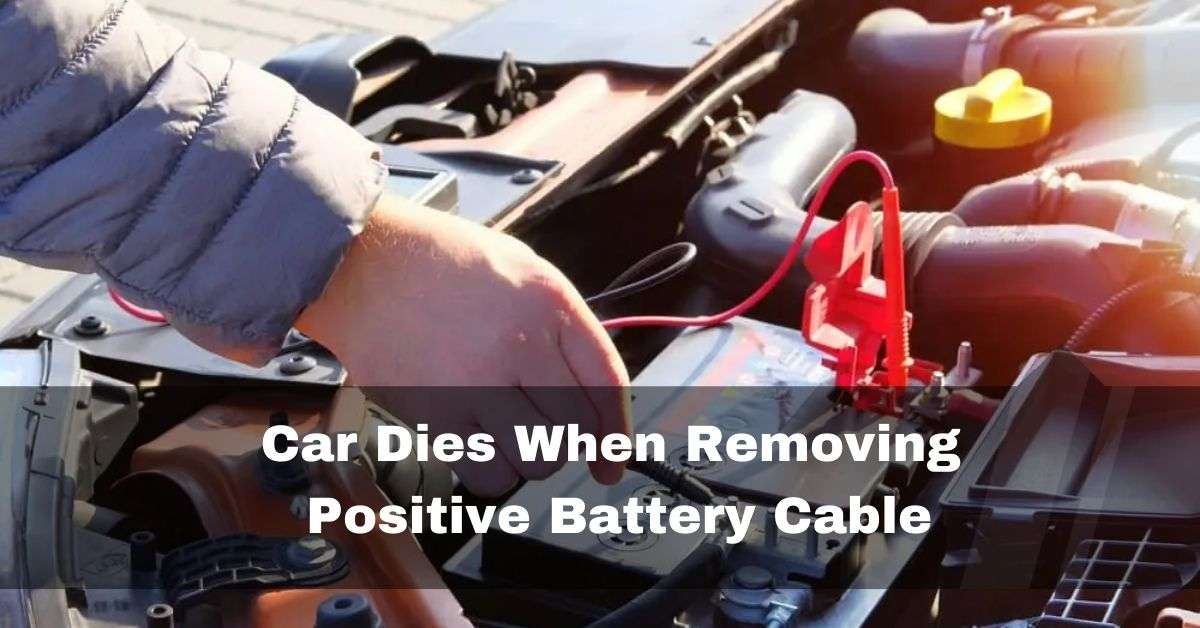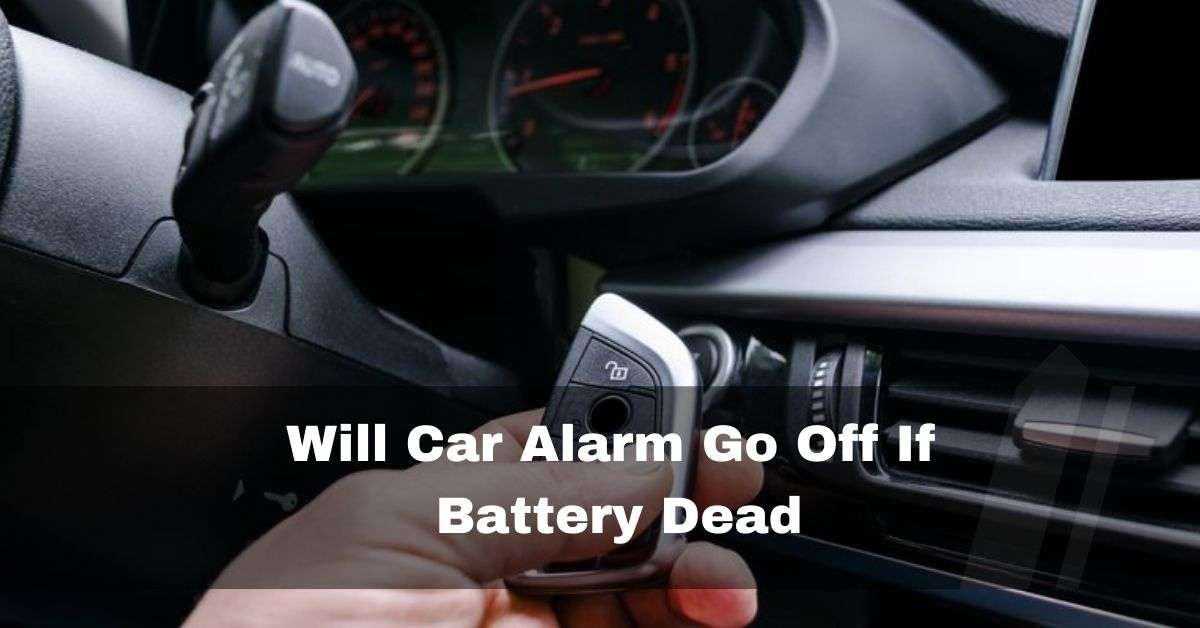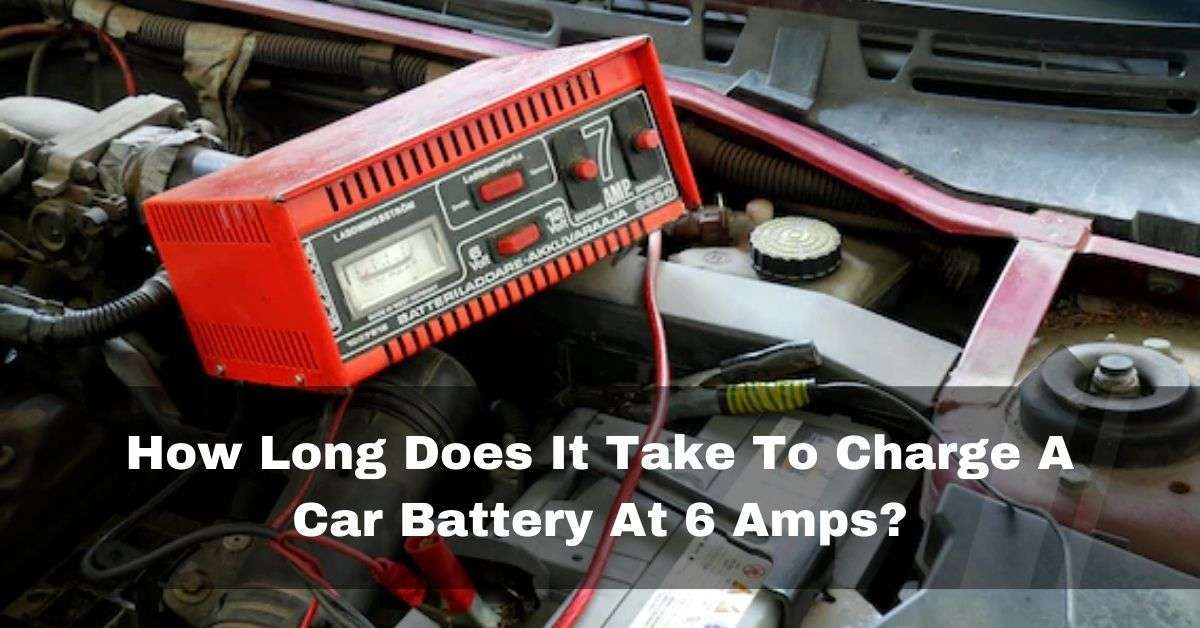We’ve all experienced it once or twice: you park your car and return to find the lights are on by accident. Panic sets in as you imagine your car’s battery slowly draining away. But is there any truth to the popular belief that leaving your car’s lights on can recharge the battery?
No, leaving the car lights on does not recharge the battery. It drains the battery, requiring jumpstarting or recharging from an external source.
This article will explore the science behind car batteries and determine whether this common misconception has any merit.
Table of Contents
Will The Battery Recharge When You Left The Lights On?
No, leaving your car’s lights on will not recharge the battery. In fact, it will do the opposite and gradually drain the battery’s charge. Misunderstandings about the functions of the battery and alternator are at the core of the idea that leaving your car’s lights on can replenish the battery.
Car batteries are not intended to offer a sustained energy flow over an extended period; instead, they are designed to deliver quick bursts of high current to start the engine. On the other hand, the alternator provides a constant flow of electricity to maintain the battery’s charge and run the car’s electrical systems.
What Happens If You Accidentally Leave Your Car Lights On?
When you leave your car’s lights on, the battery starts to power the lights without the engine running. The battery progressively discharges as the lights consume current from it; this can cause the battery to run out of power.

The lights are unable to recharge the battery, contrary to popular belief. The battery drains more quickly and can sustain irreversible damage the more you utilize electrical accessories when the engine is off.
Will A Dead Car Battery Recharge Itself?
No, a dead car battery cannot recharge itself. Car batteries aren’t made to recharge independently; they’re only there to power electrical systems and start the car. Use an external power source, such as a battery charger, or jumpstart the automobile using another vehicle to recharge a dead battery.

While the engine is running, the alternator in your car keeps the battery charged, but it cannot recharge a completely dead battery. A dead automobile battery needs outside help to be repaired and made operational.
How Long Does It Take For A Car Battery To Die With Lights On?
Depending on the battery’s capacity and state of health, it can take a car battery a variety of lengths of time to discharge with the lights on completely. Others may notice a battery drop in as short as 30 to 60 minutes, while some may be able to start their car after leaving the lights on for almost four hours.
If the lights are on, the average time for a car battery to completely discharge is 30 to 90 minutes. Beyond this, your battery might require a jumpstart or recharge to start the car.
In more extreme situations, leaving the lights on for a long time may permanently harm the battery, demanding replacement. The actual time may differ. Therefore, you must exercise caution and keep an eye on the condition of your car’s battery.
What To Do When Your Auto Battery Is Dead?
There are various solutions available when the battery in your car dies, frequently due to leaving the lights on. If you know the procedure, you can begin the car yourself or ask a mechanic for help.
Jumpstarting entails attaching the battery of another vehicle to your own to supply the necessary electricity for restarting. Running your automobile for 20 to 30 minutes after a jumpstart may help recharge the battery, but it’s not always a surefire repair.

But occasionally, the battery might need to be changed. It’s important to remember that this kind of event falls under normal maintenance and that auto insurance often does not cover a tow truck or battery replacement.
How Long Does It Take To Recharge A Car Battery?
The length of time needed to recharge a car battery varies depending on the type of battery, its state, and the charging technique. A moderately drained automobile battery may be fully recharged within 10 to 24 hours using a basic automotive battery charger with an output of 4 to 8 amperes.
The alternator charges your car’s battery. The alternator is frequently at fault when a battery fails. Generally, your alternator will charge your battery more quickly if you keep your engine’s RPM high. Your automobile battery should be able to charge in 30 minutes if traveling on a highway.
Jumpstarting the car will give it a quick start but won’t recharge the battery if it is substantially discharged. Slow charging is advised for the best battery health because it is kinder and more secure over time. Ultimately, depending on the situation, the time required for a complete recharge can range from a few hours to a whole day.
Is There A Way To Quicken The Recharging Process?
Consider changing your charging environment, such as putting the battery in a freezer, to speed up the recharging process for automobile batteries, as slower recharging may be related to lower ambient temperatures. Alternatively, choose quick charging techniques.

An electric car can be fully charged using rapid charging in around an hour and a half, significantly reducing the time needed to recharge it. This is an excellent choice for individuals who want to minimize charging downtime.
Given the time required to recharge a car battery fully, these techniques provide helpful approaches to speed up the process and resume driving more quickly.
Once You Buy Car Battery Know How To Minimize Risks?
It’s crucial to develop behaviors that reduce the likelihood of leaving lights on and depleting the battery after buying a new car battery or getting your vehicle going. Create a procedure you’ll follow each time you leave the automobile.

Look inside the car momentarily before taking the keys out of the ignition. Ensure no interior lights are left on, and turn off any electronics and lights. Look back as you leave the car to ensure the lights are off.
Develop the habit of unplugging electronics and phone chargers from inside vehicles. Future battery problems can be avoided with these routines, regular maintenance, and the sporadic assistance of a nearby mechanic.
FAQs:
1. How Long Can You Leave Hazard Lights On Before The Battery Dies?
Your hazard lights shouldn’t be on for over an hour or two. If you do, there is a chance that your battery will be drained and your car won’t start.
2. Can Leave Your Lights On Ruin Your Alternator?
Your alternator can’t malfunction due to leaving your interior lights on all day. Your battery would be the only thing that would be impacted. Your alternator failed due to another issue. No, but you’ll lose battery life.
3. Do I Need A New Battery If I Leave My Lights On?
If you leave your car lights on all night, the battery might quickly run out of power. Whether it is a halogen, LED, or xenon lamp doesn’t matter. The battery will discharge if the light is left on too long, and the car won’t start.
4. How Do You Start A Car After Leaving The Lights On?
The best action will be to disconnect the battery and take it to a workshop for quick charging or recharging since keeping the car in continuous idling is not advisable. You must jumpstart the car and keep it idling for a few hours to get the battery charged a little.
Conclusion:
In conclusion, the belief that leaving your car’s lights on can recharge the battery is a common misconception. Car batteries cannot recharge by themselves; they are made to provide brief bursts of energy to start the engine and temporarily power electrical components. A car battery must be charged while the engine runs for the alternator to produce power. Over time, leaving the lights on while the engine is off will drain the battery, possibly resulting in a dead battery.

